CAREERS TECHNOLOGY
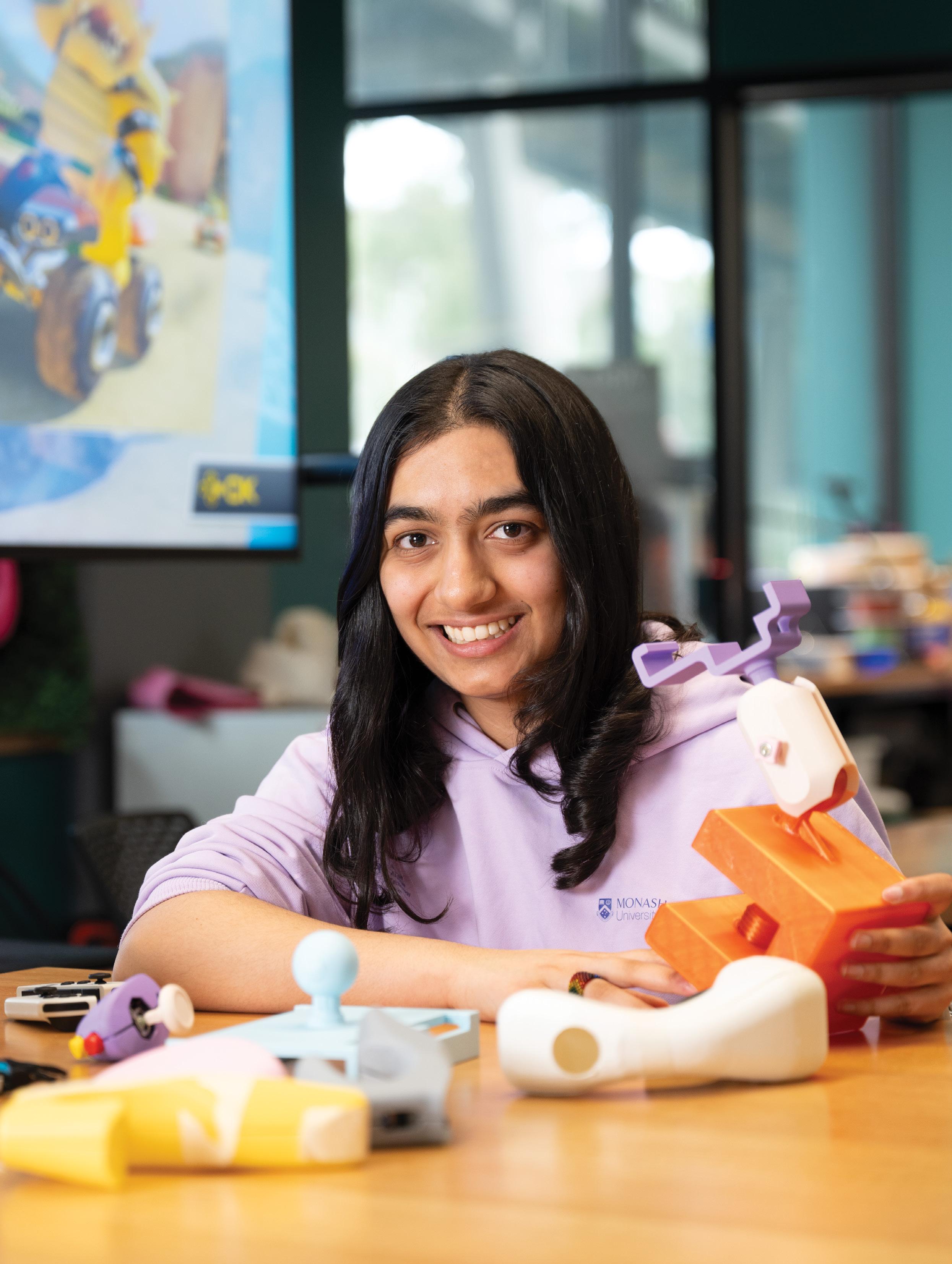
Launch your tech startup
p9
Defend against cyber threats
p10

YOU CAN HACK YOUR WAY TO A CYBER CAREER with us
Red-teaming, ethical hacking and penetration testing are increasingly important to cybersecurity. But for students starting out in cybersecurity it can be hard to (legally) gain experience.
Macquarie University – among the world’s best universities for data science and AI – is ranked #1 in Australia and in the top 5 per cent in the world in the global Hack the Box Capture the Flag competition. Competing against the likes of the US Military’s West Point Academy, teams comprising students with different skillsets collaborate to capture tokens in a live online scavenger hunt over several days.
Macquarie’s cybersecurity students have taken top honours in Australia for the past five years, battle-hardened by a degree developed in consultation with cybersecurity experts. Because as a Bachelor of Cyber Security student, you’ll become an expert in information security and have opportunities to gamify your learning and develop technical fluency in global challenges as part of Team Macquarie.
Learn more about how the Bachelor of Cyber Security can help you fortify organisations against cyber threats.
From ideas to impact
Problem-solver? Inventor? Daydreamer?
There’s a place for you in tech
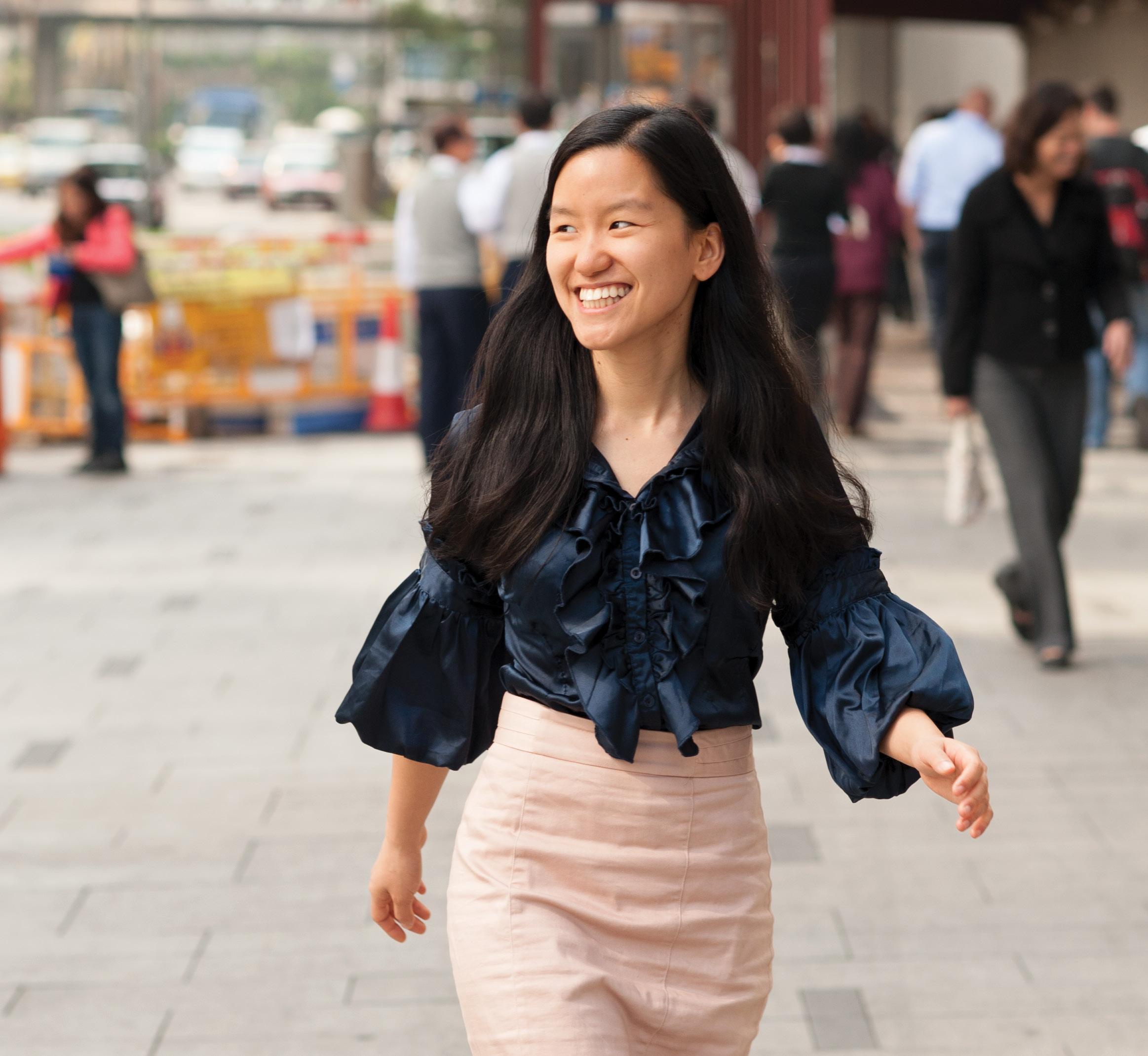
Marita Cheng AM
Founder of Aubot, Aipoly and Robogals Global
When I was in school, I had no idea I’d become a robotics entrepreneur. I just knew I liked solving problems and building things. More than that, I loved the idea of creating something useful. Choosing to study mechatronics let me combine logic, business and creativity.
Today, I run multiple robotics companies –and I absolutely love it. I even wrote a book about starting my companies.
There are so many possibilities when you combine your interests and skills with tech. It’s all about possibility. Whether it’s health, education, entertainment or tackling climate change, technology gives you the tools and skills to create real solutions.
My passion is for building robots that help people with disabilities live more independently When people use one of our products for the first time, find it works for them, and I see their eyes light up… that’s the most rewarding experience! That’s the kind of impact that a career in tech can have.
Create the future
The tech world moves fast. New innovations are happening every day, changing what’s possible in everything from space exploration
and biomedical engineering to virtual reality and gaming.
You don’t have to be a coding genius to get started in tech. What matters most is curiosity, creativity and a willingness to learn. But if you are interested in learning how to code, you can sign up for my latest project Aubot Academy!
Tech needs diverse thinkers – people who can ask bold questions and think differently. That could be you.
If you like puzzles, designing things or imagining new ways to solve problems, take a closer look at the pages of this magazine. There are so many directions you could take your career, each full of purpose, innovation and opportunity.
Help shape what comes next.
Marita Cheng AM Founder of Aubot, Aipoly and Robogals Global
A career in tech means you don’t just learn about the future. You build it”
What’s inside?
Tech futures
P6 Tech that lends a hand
Monash students are taking the lead in making tech more inclusive for people with disabilities
P8 Tech careers that didn’t exist
10 years ago
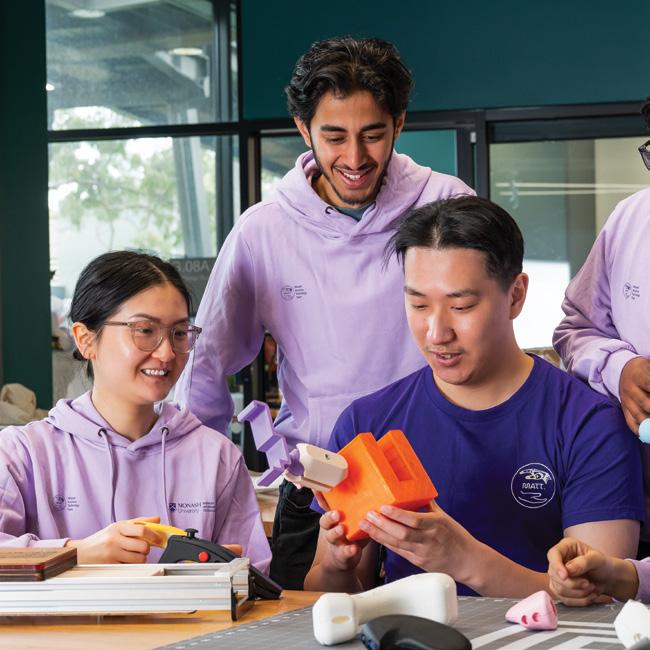
From digital transformation specialist to metaverse engineer, there are so many new job opportunities
P9 How to launch a tech startup
Got a brilliant idea for a new tech product? Here’s how to get your

STEM + X =
Combine Tech (STEM) with your passion (+X). It’s the perfect formula for a rewarding career!

Why tech?
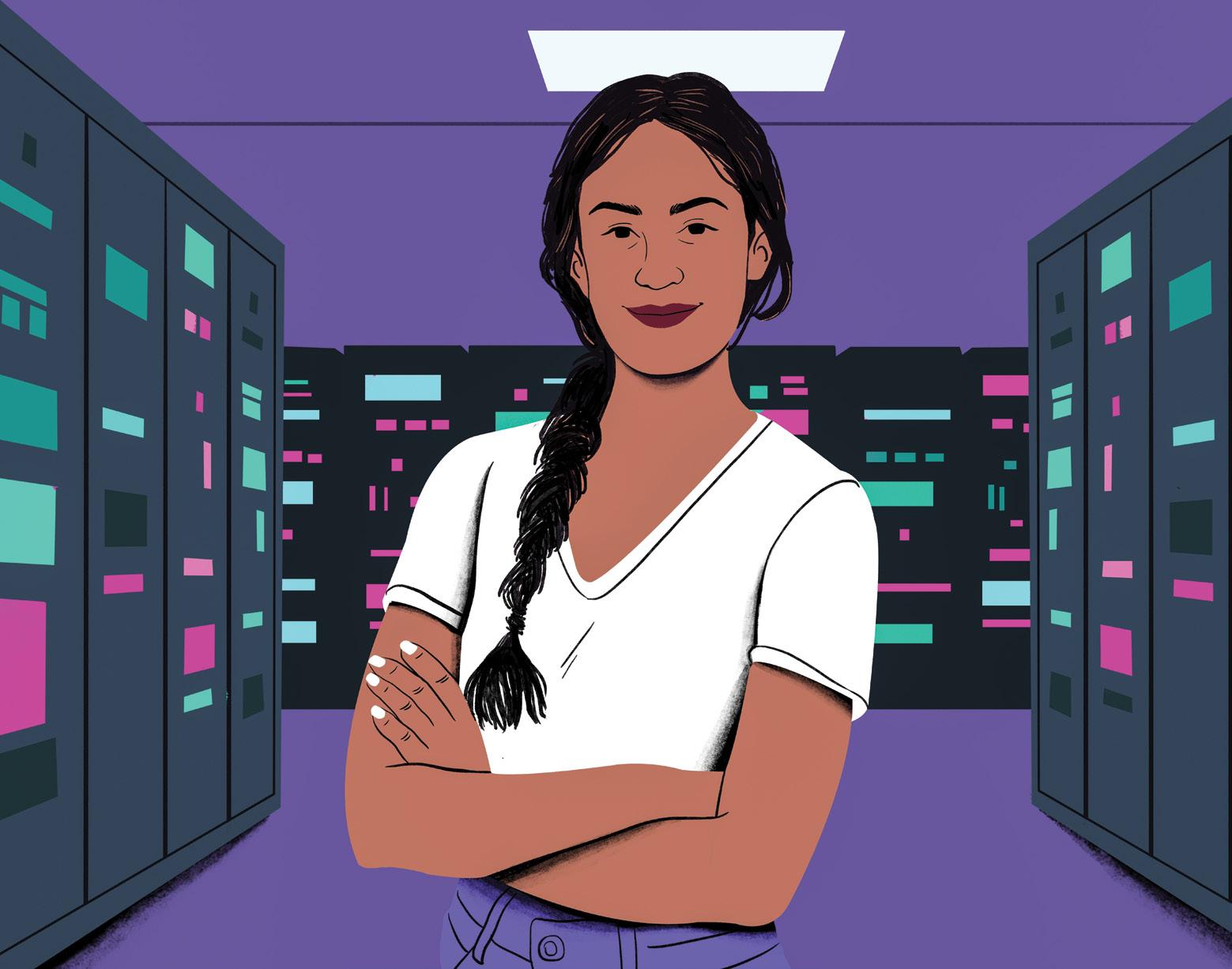
Tech + …
P10 Cyber

Outsmart cyber criminals and keep our digital world safe
P20 Creativity


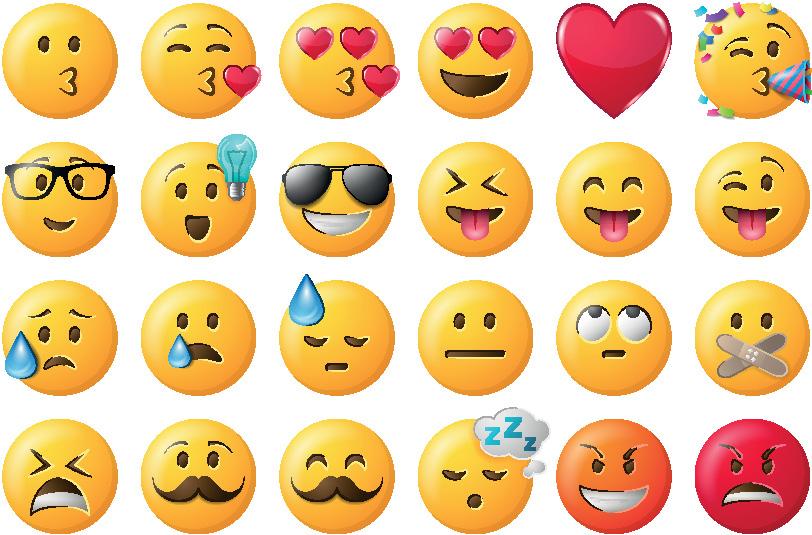
Love art and design as much as gadgets and code? Think game design, animation and more
P26 Health
Compassion meets cutting-edge innovation
P28 Innovation
Tech innovators speak the language of the digital world
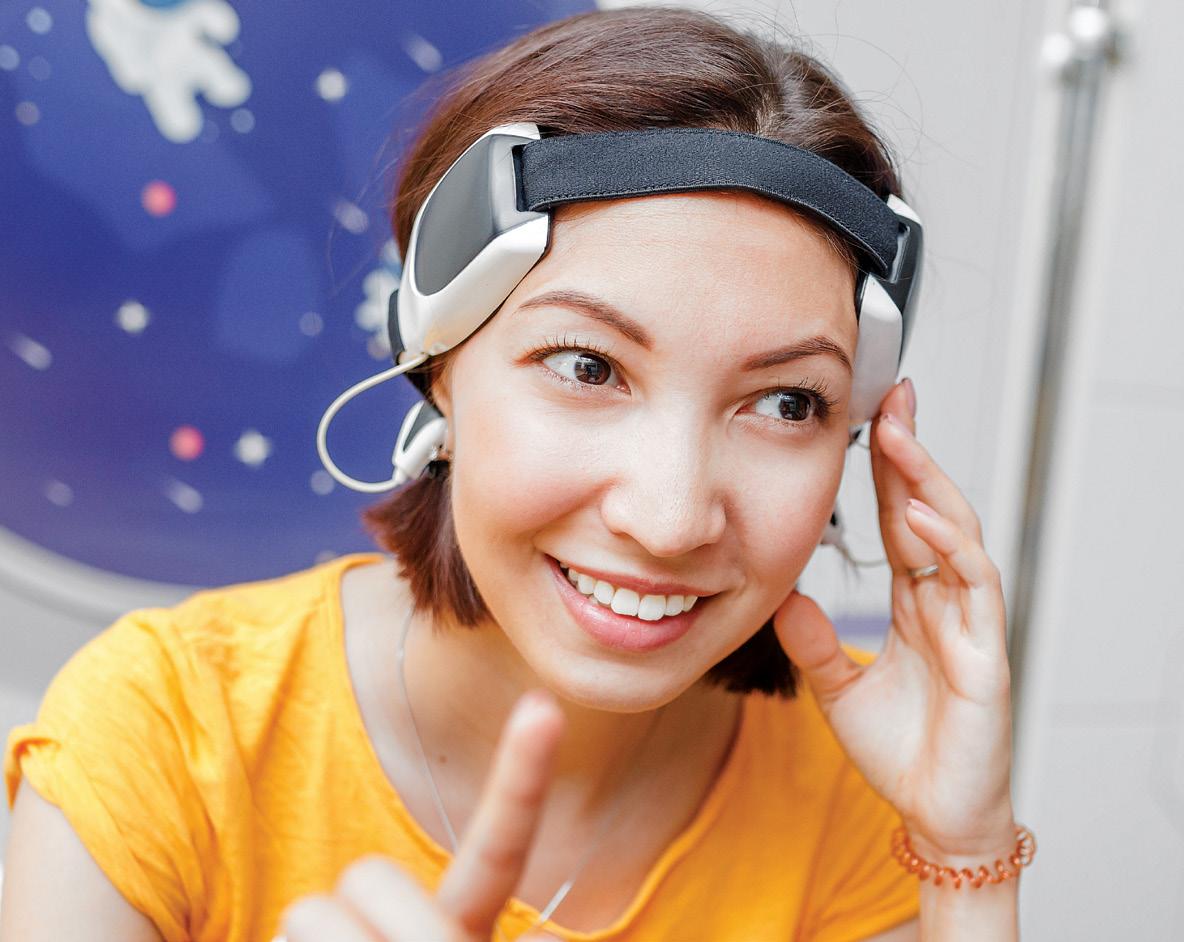
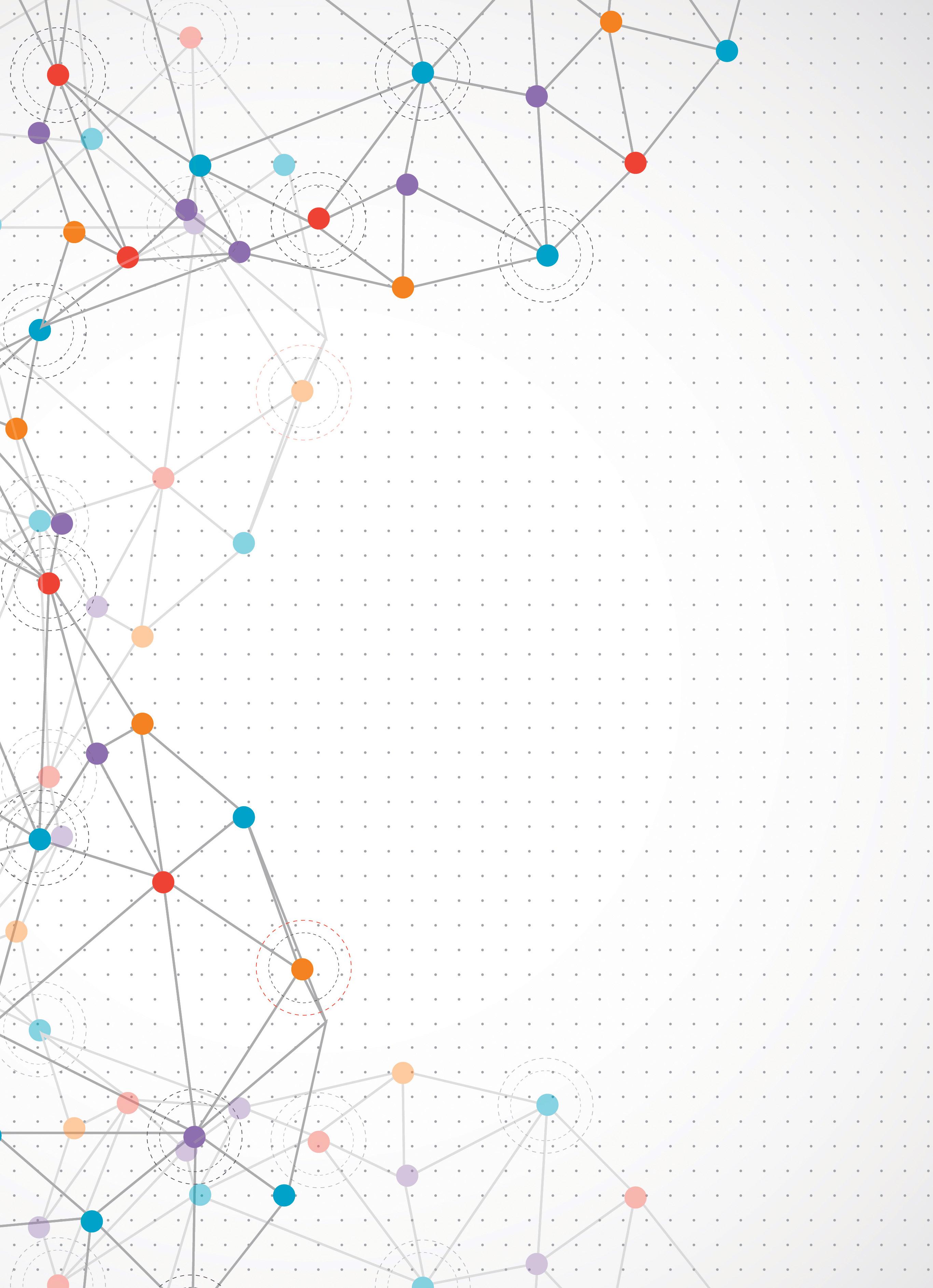
IGNITE YOUR AMBITIONS
Pursue an exciting career in IT with Monash University

#2
nationally for Computer Science
80% + students employed full-time within four months of graduation
CTRL+ALT+INCLUDE
Co-design the future of inclusive tech at Monash University
At the heart of the Monash Assistive Technology Team (MATT) is a passionate group of 50+ uni students. When it comes to student clubs, this team stands out for its extraordinary passion for inclusion.
MATT’s projects have real-world impact, which makes being part of the club a truly unique opportunity to change lives for the better. The team designs for all abilities, with projects spanning from inclusive gaming to tactile mapping.
Monash is the perfect place for MATT to operate, supported by the university and industry partners. It’s in a great location with plenty of local facilities and nearby disability support services. They’ve even decked out a van they drive around to share their projects with the community! – Jasmine Fellows
MATT
is working on
all sorts of assistive tech projects! Here are five of our faves.
1SWITCH: Everyone deserves to play! This project hacks Nintendo Switch controllers to create fun, accessible gaming experiences for kids with physical disabilities.
2MORE THAN WORDS: Using emojis, GIFs and music, this AI-powered tool helps neurodivergent people in intimate relationships to enhance their communication.
3LOSING PERSONAL ITEMS: Lost keys? This project tackles the challenge of helping neurodivergent users stay organised and independent.
4TACTILE DISPLAY: Braille and tactile displays help people who are blind or have low vision to access digital content, but they're usually expensive. This project is all about refining a low-cost, open-source prototype.
5PROJECT REPRINT: Students are turning plastic waste into something useful with a clever redesign of a 3D filament extruder.
Head to the MATT website to find out more!
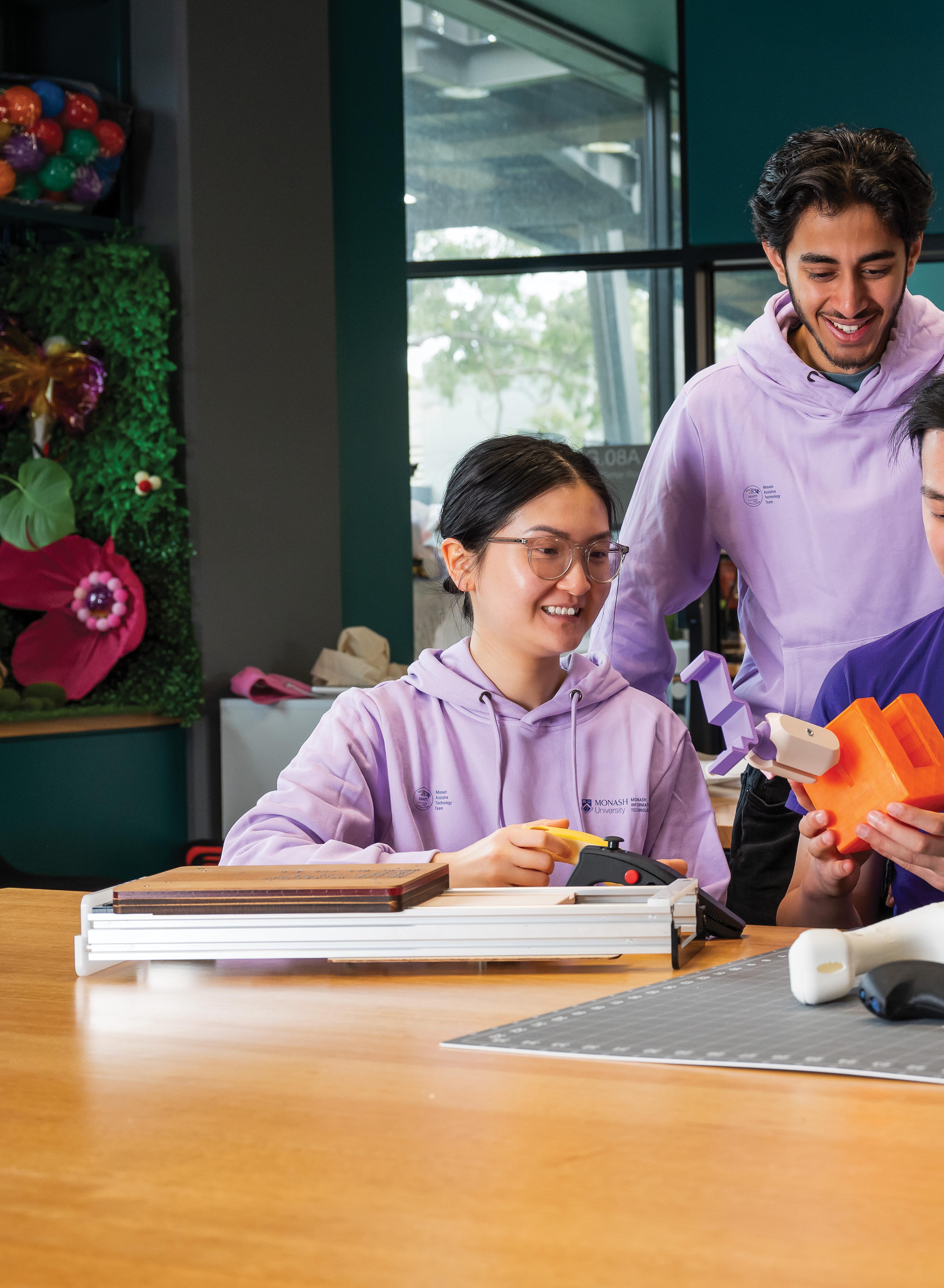
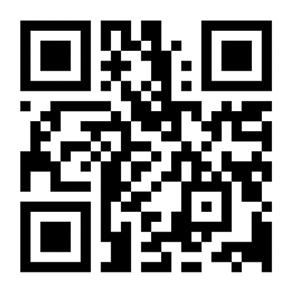
Meet Kendrick
WhenKendrick Lee first moved from Malaysia to Australia, assistive tech wasn’t on his radar. But he’s found MATT is a great place to make a difference!
Kendrick has stepped up to be MATT’s project lead, managing and overseeing student projects like driving the educational van around Melbourne and its surrounds, and adapting Nintendo Switch controllers for children with disabilities.

Kendrick is studying a Bachelor of Information Technology, but he says you don’t need to be a tech student to get involved.
“MATT attracts students from multidisciplinary and multicultural backgrounds, regardless of whether they’re doing a STEM degree or not.”
Kendrick rates the extra practical experience that MATT has exposed him to beyond his studies, which he thinks will come in handy when he’s applying for jobs.
Meet Sharleen
Sharleen Hossain coordinates MATT’s Happy Mornings project, which is all about helping neurodiverse kids get their morning routines sorted with a handy app.
The project fits neatly with Sharleen’s studies – a double degree in design and information technology, majoring in games and immersive media.
The future of the Happy Mornings project is bright, with plans to include mini-game rewards for toothbrushing, cooking and showering, all linked to these morning routines. Plus, there will be a chart for parents to track player progress.
The team is also working on converting the project into an iOS app for iPads, designing an in-game reward shop for character cosmetics, and enhancing the overall design with animations.
Being neurodiverse herself, Sharleen was drawn to MATT. “I was diagnosed with autism spectrum disorder at two years old. I wanted to create technology that helps people like myself, or future versions of me,” she says.
Bachelor of Design and Information Technology, Monash University
What’s it like studying a Bachelor of Information
Technology at Monash?
If you want to build your future in tech, you’re in the right place! The Monash Bachelor of Information Technology allows you to explore various technologies before choosing your specialty. As well as the option of exploring assistive technologies, you can create compelling games, develop business recommendations, or sift through big data to find the best insights!
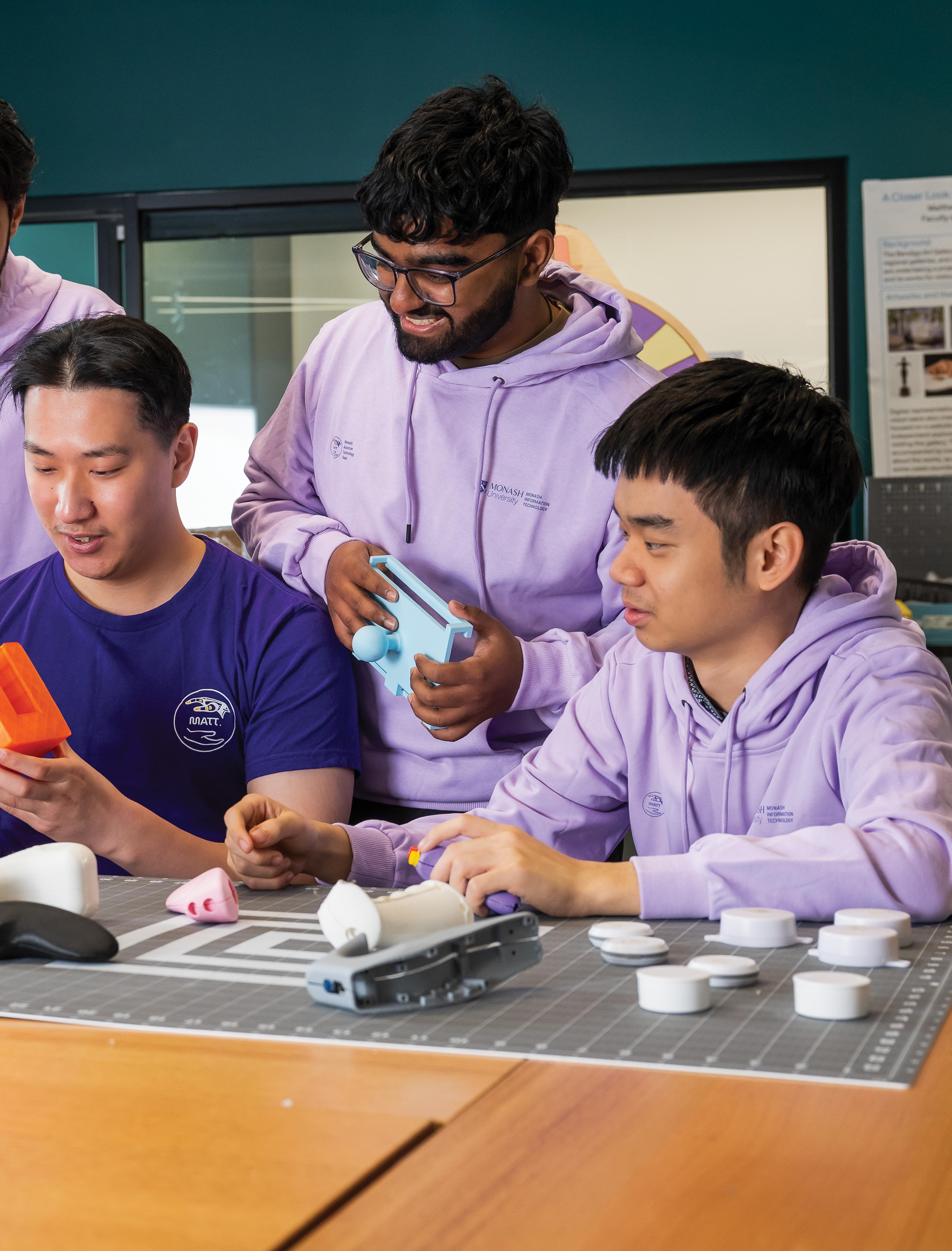
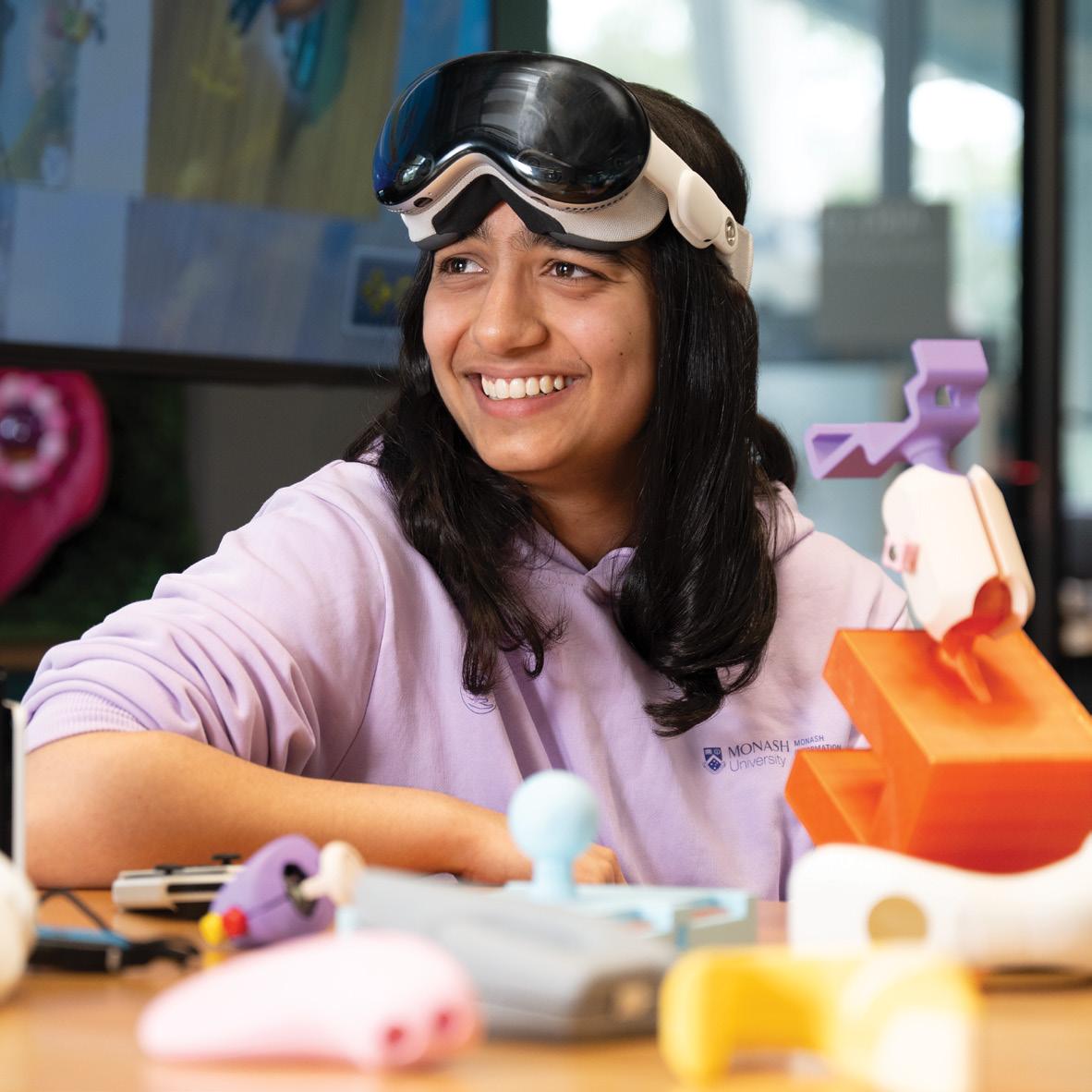
Brand-new tech careers that didn’t exist 10 years ago
Looking for a fresh career in the latest tech field? Here are three of our favourite new tech careers that have hit the market in the last decade
Digital transformation specialist
Good with tech and want a career that will help others? Reboot the future of work as a digital transformation specialist, helping businesses improve how they use tech. In this role, you’ll look at how businesses operate, identify slow or outdated systems and spot areas for improvement.
This job is about finding the right digital tools to fix problems, improve efficiency or create better experiences for customers and employees. If you like setting up and testing software, apps or automated systems to ensure they integrate smoothly with existing technology, it could be the perfect position for you. You might also train other staff so they understand and feel confident using new tools.
Be a Digital Transformation Specialist.
AI ethicist
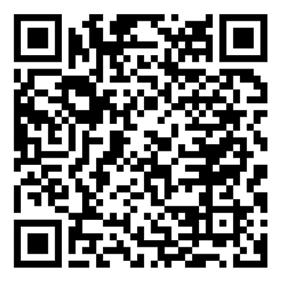
Here’s your chance to help ensure that AI is safe and beneficial to humanity. An AI ethicist specialises in the ethics around AI development and implementation, studying and identifying ethical or moral issues that may arise.
AI ethicists present their findings to governments and businesses so they can catch issues early in the development process. This can save time, money and harm to their reputation, and, most importantly, protect the people who their work impacts.
Check out what it’s like to be an AI Ethicist.
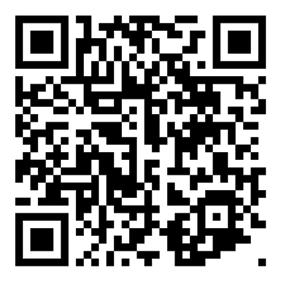
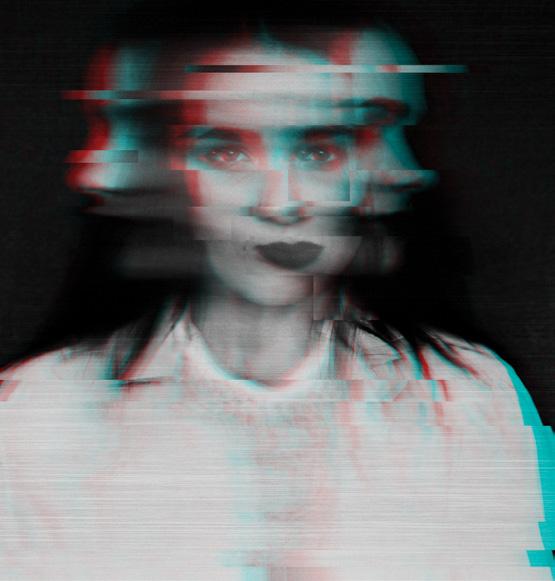


The metaverse is the next generation of the web. Metaverse technologies are predicted to change the way we see and interact with the virtual world, bringing it physically into our daily lives. Tech such as virtual reality (VR), augmented reality (AR) and the internet of things (IoT) will help facilitate it.
Jobs in the metaverse include data scientists and analysts, blockchain engineers, VR and AR developers and programmers, and AI specialists working in machine learning. These specialist engineers will be needed in everything from tourism and healthcare, to education, real estate and gaming!
– Jasmine Fellows
Find out more about being a Metaverse Engineer.
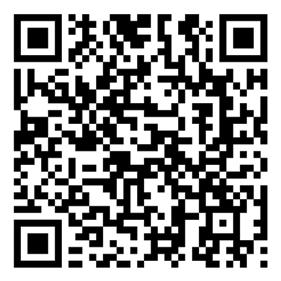

How to launch a tech startup
Fancy being your own boss? If you’ve got an awesome idea, create your own tech biz like Canva’s Melanie Perkins
1 2
Light-bulb moment! Suss out the market
Not all brilliant ideas start this way. If you’re stumped, try thinking about the problems you face day-to-day. What would you pay money to solve?
Keep calm and carry on about it
Once you’re ready to roll, you’ll have to start executing a marketing and PR plan to get your name out there! The cheapest way to do this? On socials!
Who are your competitors? How can you improve on what they’re doing? What does your audience want? Dedicate some time to market research.
7
STEPS TO STARTING A BIZ
I
f you’d rather scribble down business ideas than do your homework, then you might be suited to running the show as the founder and CEO of your own company. But you’ll need more than just a good work ethic to launch an idea from scratch. STEM skills are a huge plus – particularly at the start when you’ll be doing a lot of the grunt work yourself. Here, we hash out what it takes to create a successful startup. – Cassie Steel
3
Make a business plan & get skilled
You’ll likely need skills in sales, marketing, budgeting, branding, building a website, and more. At school this means taking subjects like business studies, computer studies and maths.
4 5 6 7
Where are you getting the money to launch your idea? You’ll either need to save up (and maybe work another job) or find an investor, in which case nailing step three could help lock them in!
Secure your funding Do the paperwork Find a base
Got employees or clients all over the country? Zoom, Hangouts, Teams and Slack will be your new BFFs. As your business expands, you might splurge on a co-working space or small-scale office.
Register your biz. In Australia: via the Australian Government Business Registration Service. In Aotearoa New Zealand: through the New Zealand Companies Office.
Starting small? No worries! These HUGE tech businesses started in small places. Canva: The founder’s mum’s living room Facebook: A college dorm Snapchat: At one of the founders’ dad’s places
98,747
The approximate number of startups registered in Australia in 2025, making it the seventh- largest startup hub in the world.
Network your way into a cyber career
The demand for skilled tech professionals in cyber security is skyrocketing!
In Australia, we’re facing a skills shortage in the tech and cyber security industry, with an estimated 1.3 million tech workers needed by 2030 to meet industry demand. The tech sector is already one of the biggest employers in Australia, with over 861,000 people working in digital or tech roles. That means there are plenty of jobs out there already –and even more to come! –
Samantha Wheeler
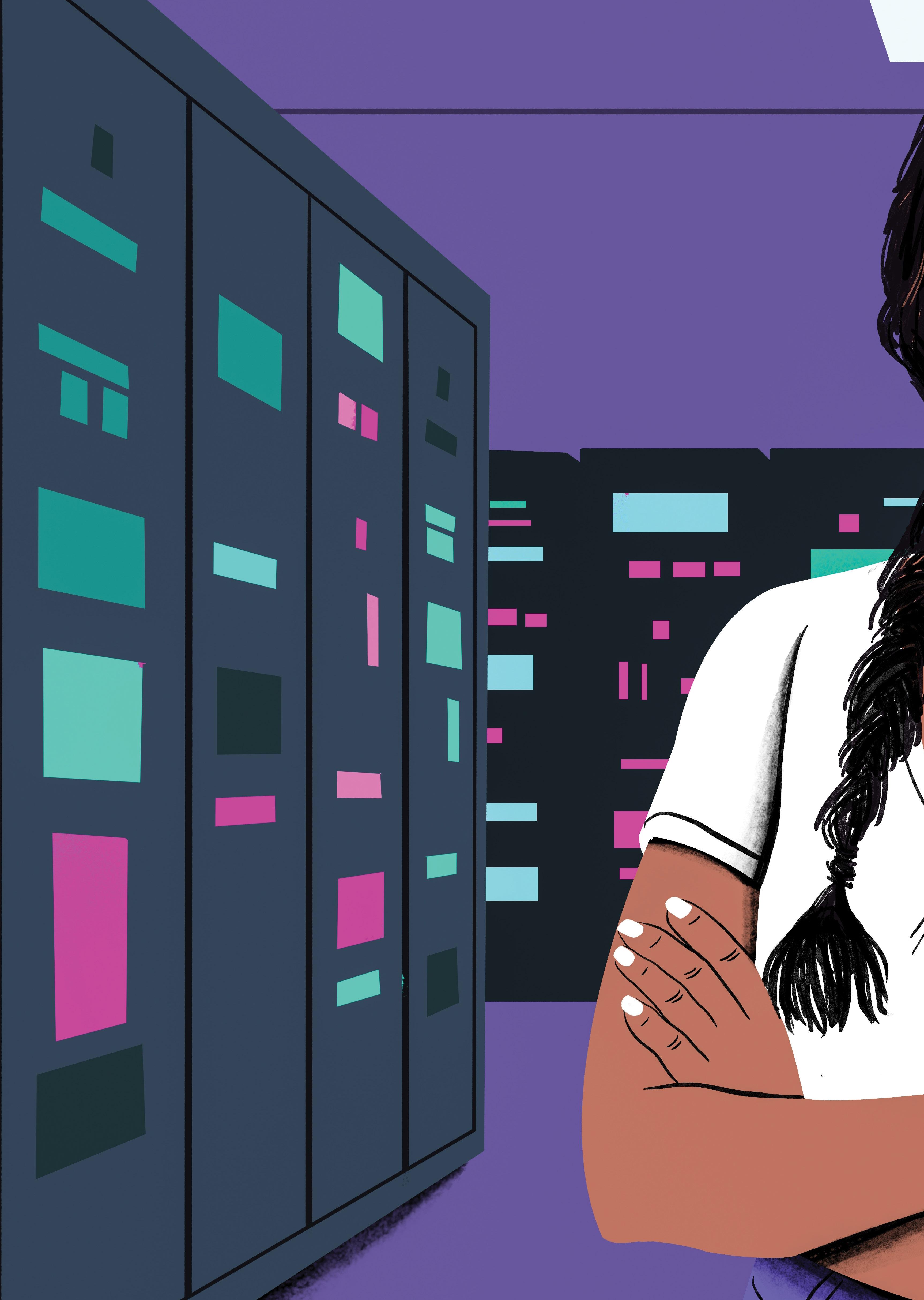
Four cyber jobs of the future

1Ethical hacker
Want to fight crime from your computer? These penetration testers use various hacking techniques to find bugs or weaknesses in a system or program so they can be preemptively fixed.

2Cyber security analyst
Be the gatekeeper of digital security. Security analysts protect organisations from cyber attacks – they're like the first responders of the digital world. They monitor security systems, investigate triggered alerts and work to recover systems affected by cyber attacks. Read more in our Cyber Security Analyst Job Kit
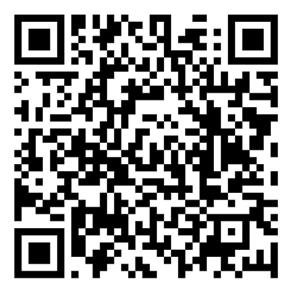

3Cloud security engineer
Ever wondered how your online games, photos and streaming shows are protected? A lot of it happens in the cloud. Cloud security engineers are the ultimate protectors of this digital sky, building security around all that online data and infrastructure.
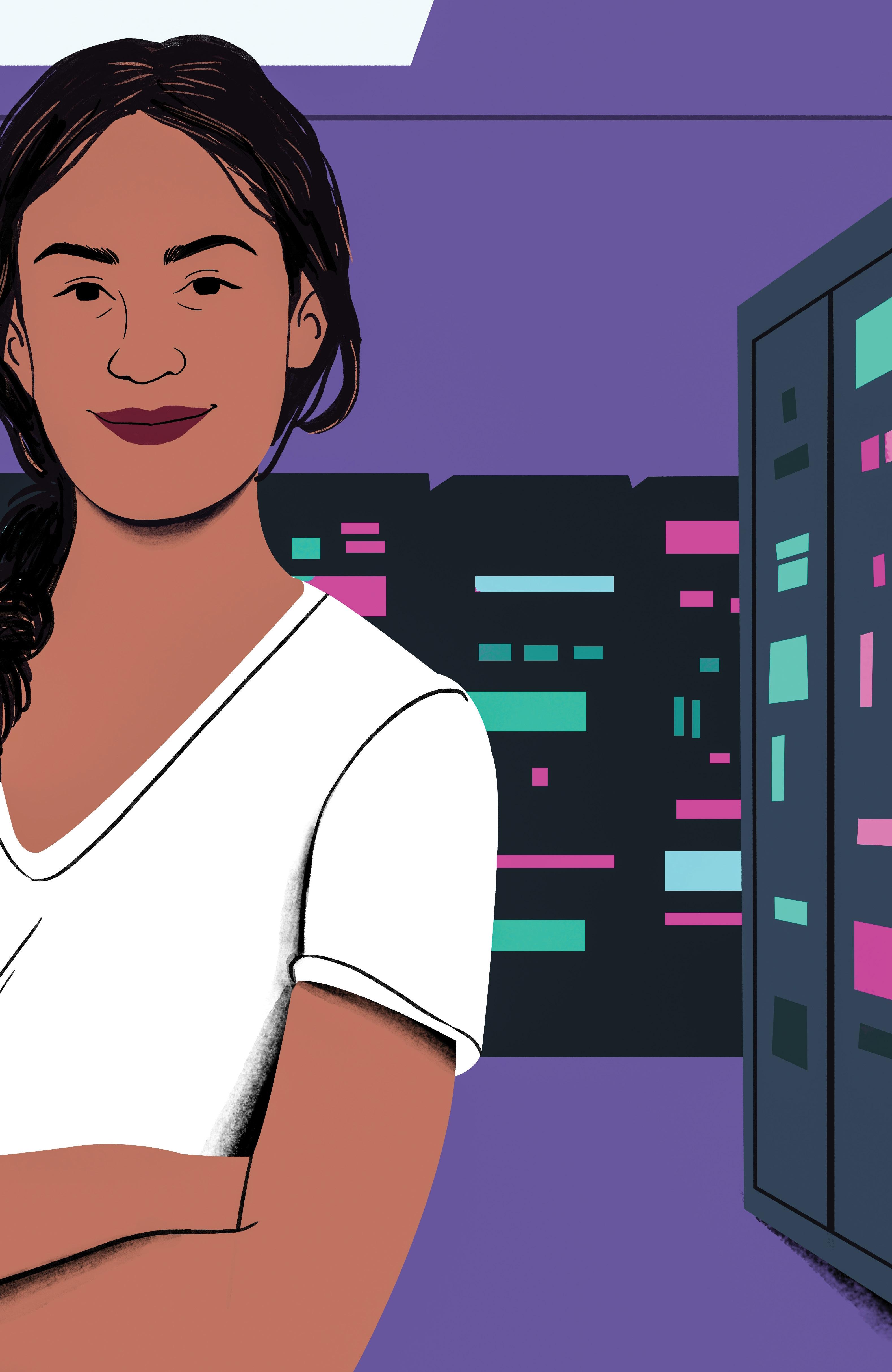
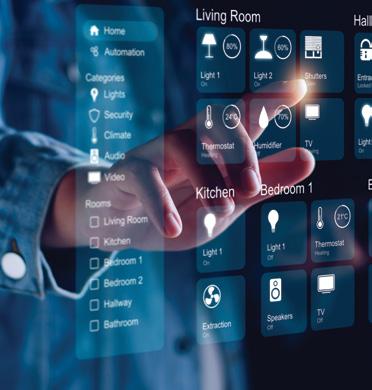
4Internet of Things specialist
Love hooking up gadgets to the internet? Being an Internet of Things (IoT) specialist is all about connecting everyday objects to the internet – from smartphones to city traffic lights. IoT specialists design, build and secure these interconnected devices, making our world more automated, efficient and safe. Check out our IoT Specialist Job Kit.
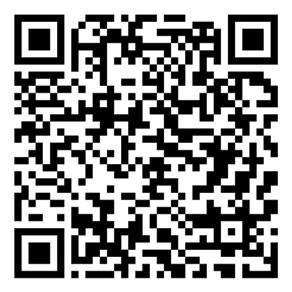
TALKING CYBER SECURITY
When buddies Flynn O’Keefe and the podcast Cyber Minutes, they wanted real talk not hype
FThey’re so passionate about cyber security, they’ve started a podcast!
lynn and Max are a dynamic duo that met studying at Macquarie University.
“Cyber security is a good field where there’s a heap of opportunities,” Max says.
He’s right. Cyber security is one of Australia’s fastest growing career sectors. It’s in need of 25,000 skilled employees who can think critically, communicate clearly and stay one step ahead of evolving digital threats.
Max has always had tech on his careeer radar, which is why he chose to study at Macquarie.
“Macquarie has a dedicated cyber degree, which made it pretty attractive,” he says.
Flynn O’Keefe Cyber security officer
flynn’s top tip
“Be passionate. Do side projects. Get a GitHub [a place to create and store code]. Talk to people. Go to events. If you can’t make it to events, reach out to people on LinkedIn,” Flynn says.
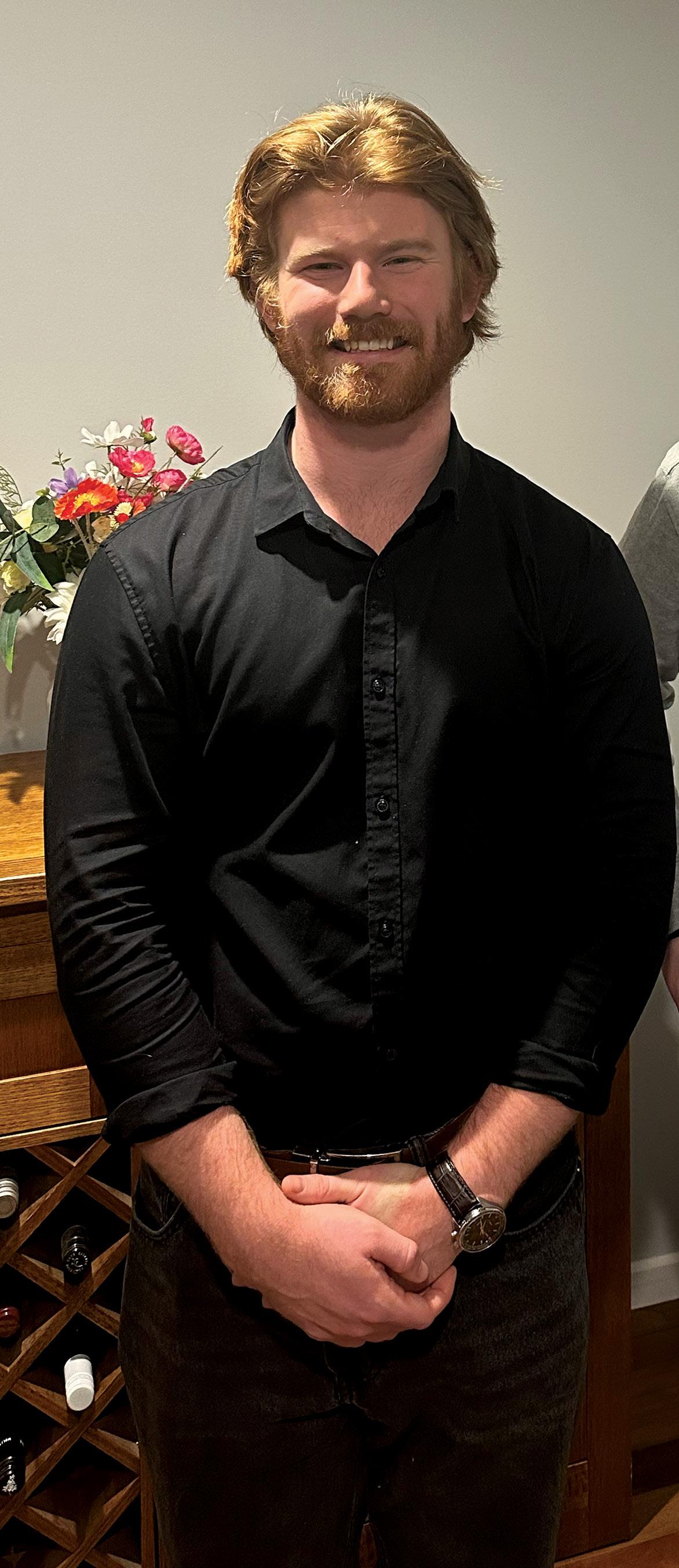
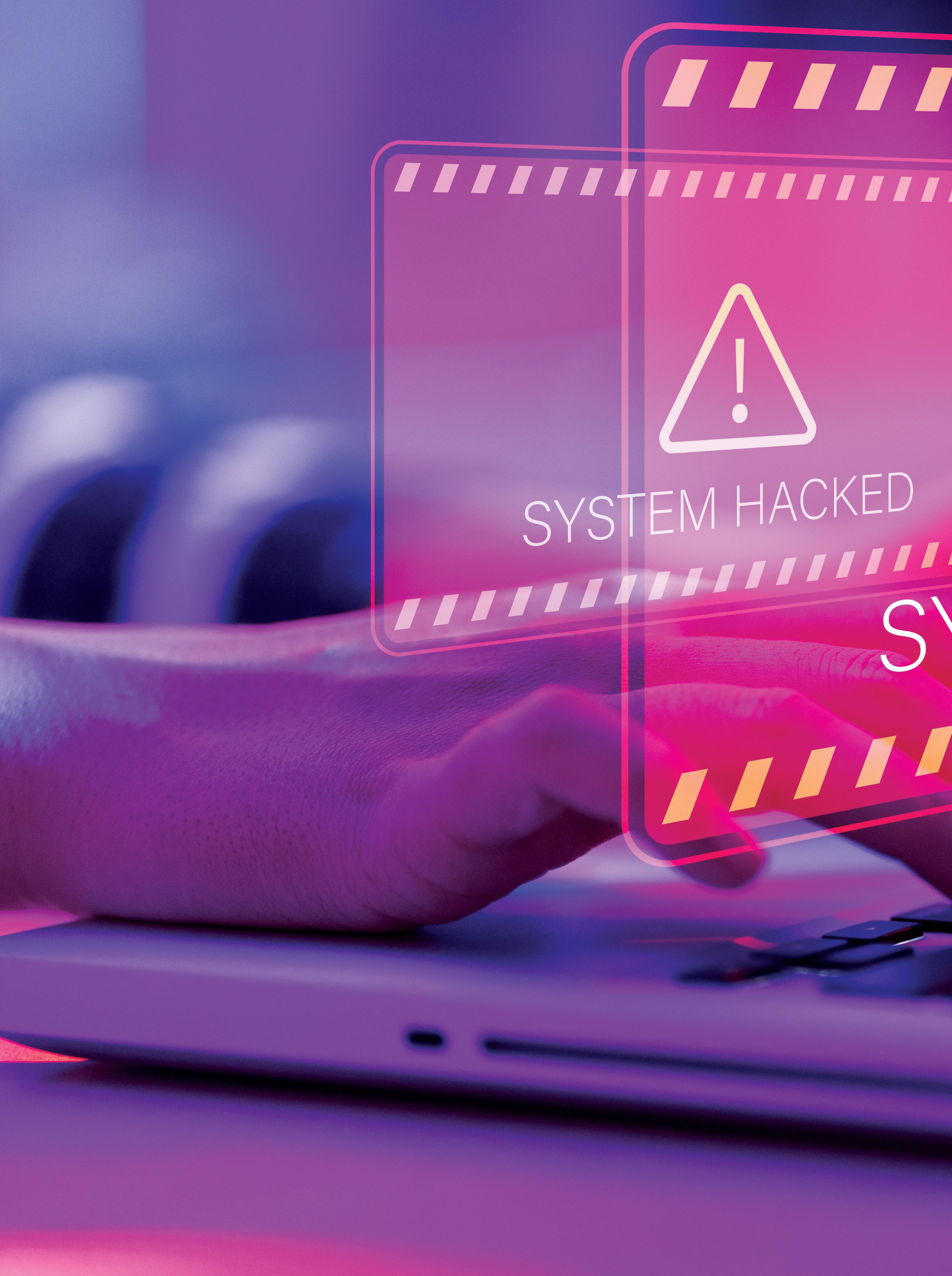
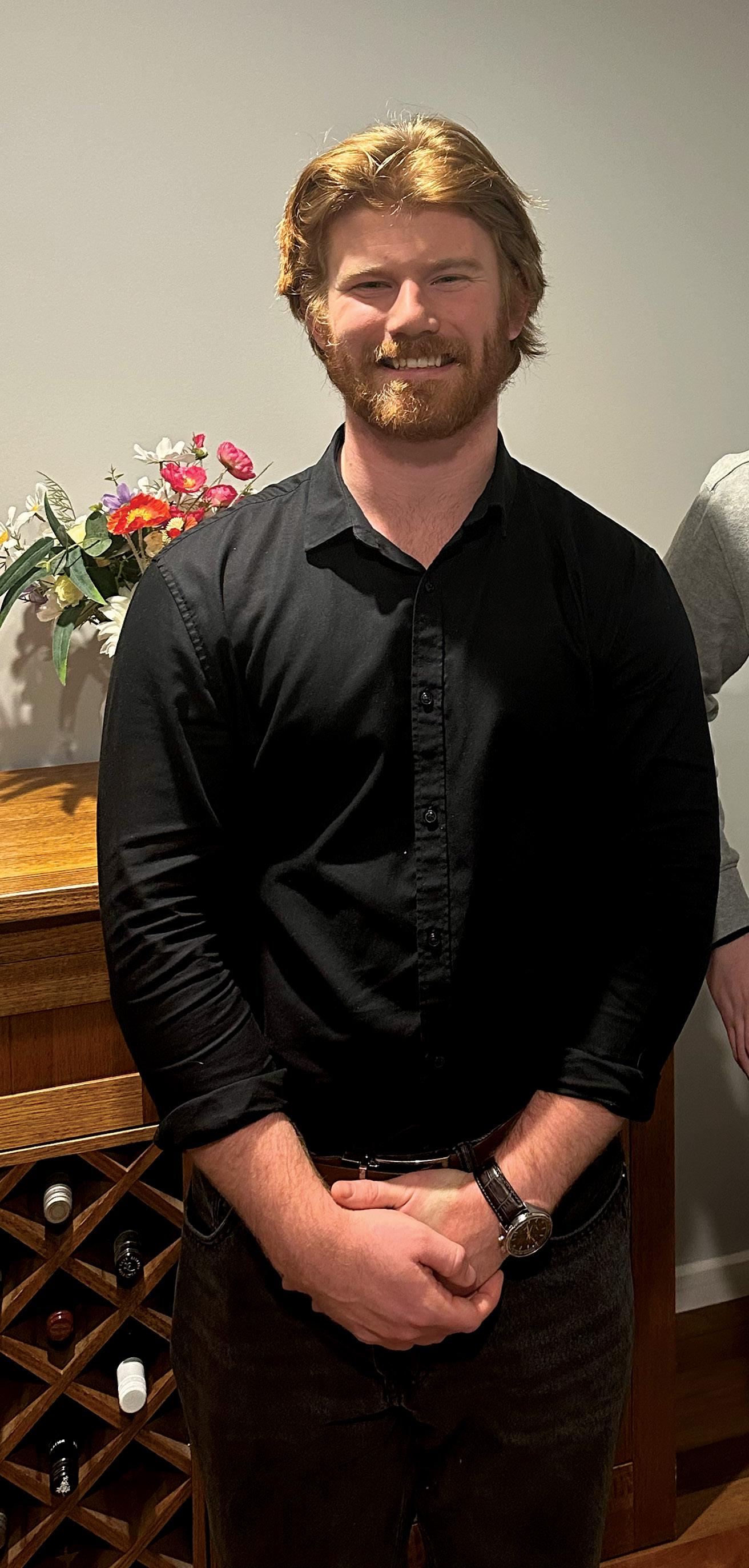
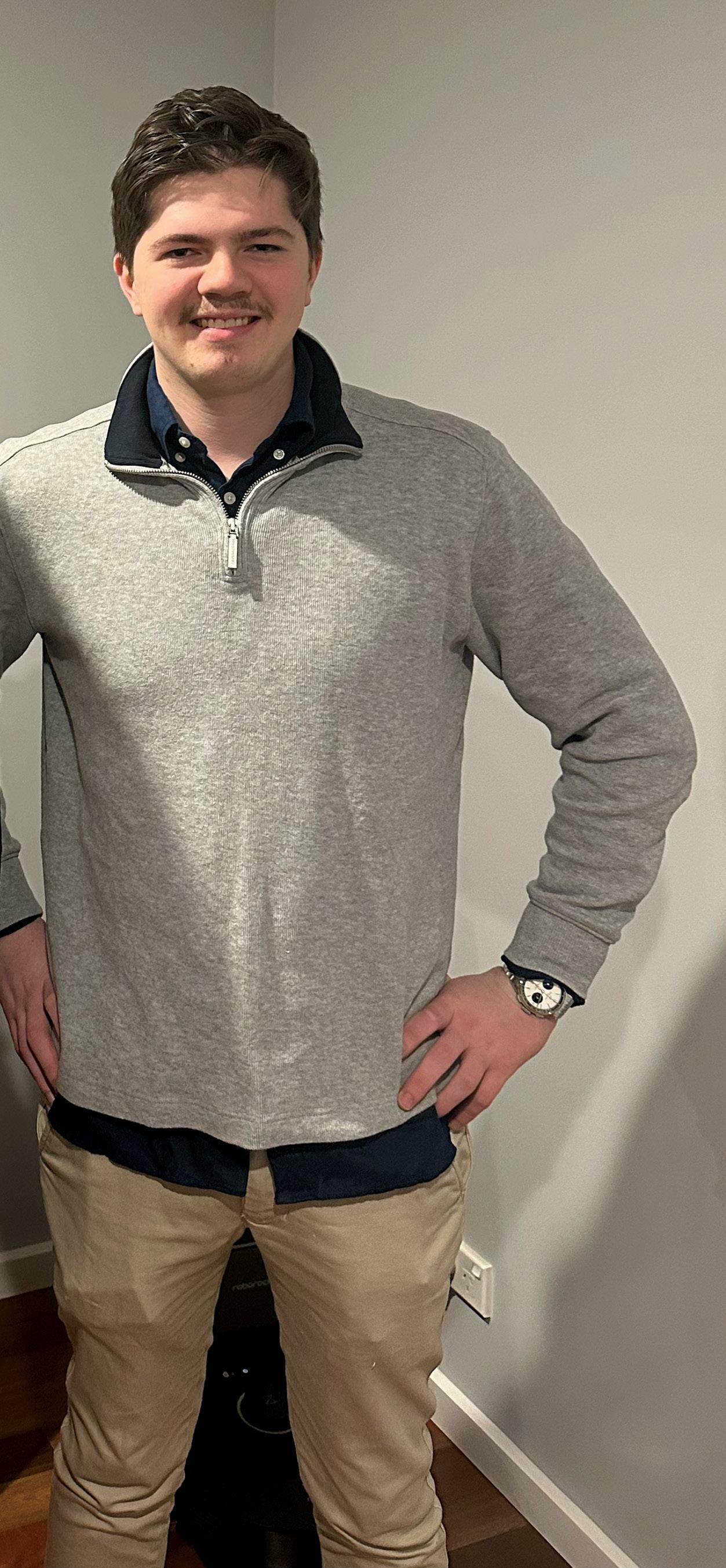
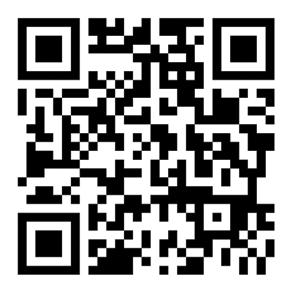
Listen to Cyber Minutes

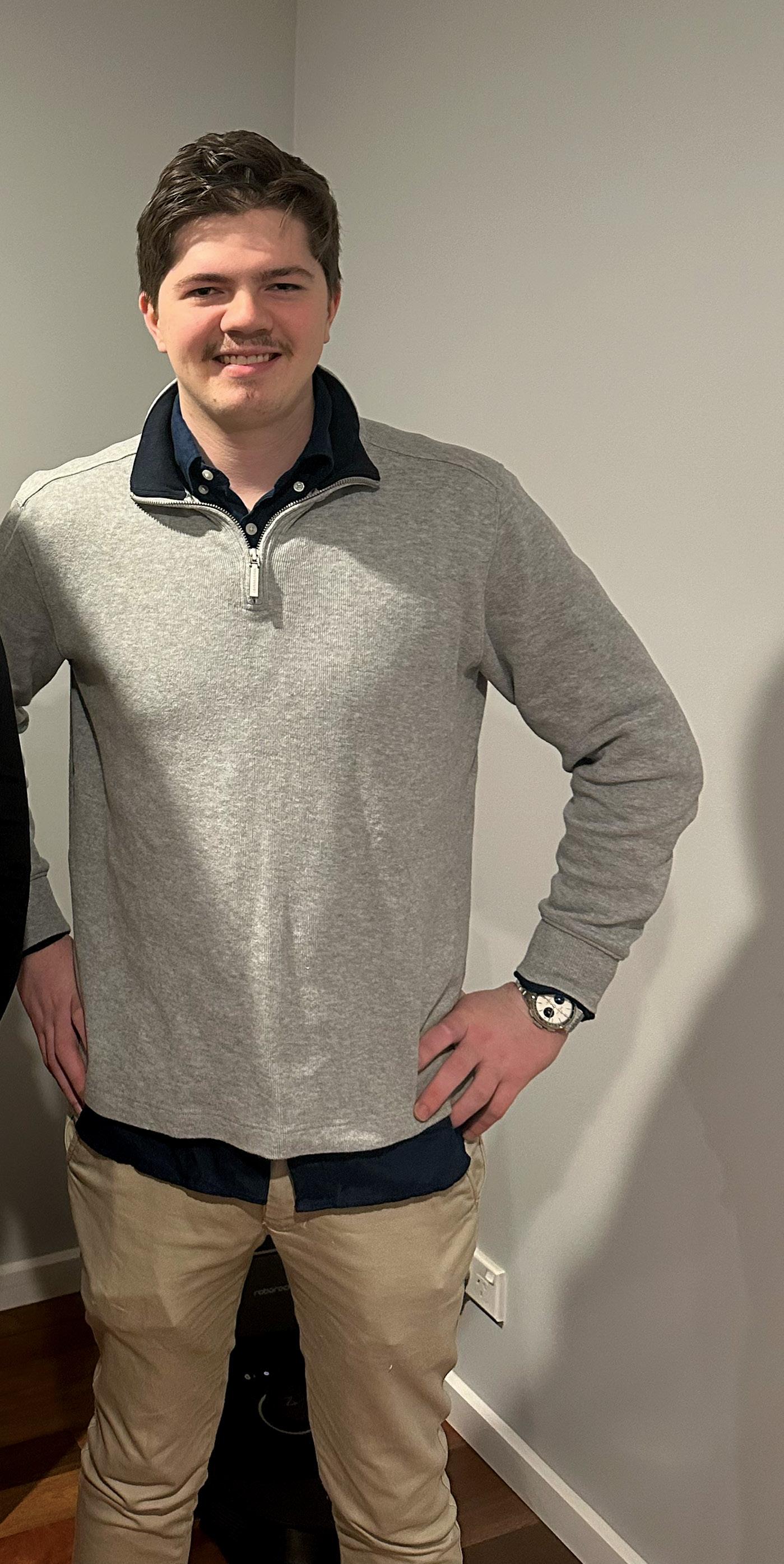
Max Tisdell Threat intelligence analyst
Flynn's decision to study cyber security was less straight forward. “I wanted to be an author. Then, when I was at the point of picking a degree, my mum goes, ‘How about cyber security?’ I went to the open day, started studying and fell in love,” he says. They both agree there are stacks of opportunities at Macquarie. Flynn loved the uni’s cyber security challenge Hack Mac, and Max says he got a lot out of Macquarie's student-run computing association. Since uni, Flynn’s gone into governance, risk and compliance. “My day-to-day is primarily project work,” he explains. Max’s gig currently involves “looking through dark web sources, intelligence submissions and scanning anything open source.”
Want to press play on your own cyber career? Max and Flynn’s podcast covers everything from car hacking to pulling apart hacking scenes in movies. Check it out!
–JasmineFellows
“Do summer boot camps. I did one for Accenture. Plus Flynn and I were both after school coding coaches for primary and high school students. Being able to explain computer stuff to a kid helps you out in the long run. That kind of stuff looks pretty good on a resume,” Max says.
Tech
Bootcamp, Programming coach, Skill Samurai
Threat intelligence analyst, CI-ISAC Australia
How will quantum revolutionise cyber security?
Quantum is growing fast, but is it a cyber security threat or the ultimate solution?
Imagine being in two places at once or solving multiple problems instantly. It’s not magic, it’s quantum, and it poses a threat and an opportunity for cyber security.
Australia is leading the way when it comes to a quantum revolution. We have at least 53 quantum facilities nationwide! That means there are many exciting future study and job opportunities right in our backyard.
– Samantha Wheeler

What are the threats?
One of the real challenges will arise when quantum technologies become readily available to the public. Without proper ethical guidelines, this could hurt businesses, banks, government departments and the internet.
“The problem I’ve been working on is when the hacker of the future will be equipped with a quantum computer,” says Craig Costello, professor of computer science at QUT.
The internet is protected by digital ‘locks’ made from complex mathematical problems. If hackers had a quantum computer, they could solve these problems instantly, unlocking everything from online banking to classified government secrets.
“We’re trying to work rapidly to make sure that the internet is secure, using advanced mathematical techniques that will, hopefully, thwart the quantum attackers,” Craig says.
What are the opportunities?
Like any revolutionary tech, quantum will open doors, creating around 19,400 jobs by 2045. Quantum benefits include:
Building stronger digital ‘locks’
The internet is secured through encrypted mathematical problems that quantum can easily solve. So why not get quantum to develop new encrypted mathematical problems that other quantum computers can’t bypass?
Advanced threat detection
Imagine having an alarm system that’s always one step ahead. Quantum can analyse large amounts of data fast! This means it could identify patterns and early warning signs of potential cyber attacks.
Truly digitalunhackable communication
Quantum can create secure communication channels that are resistant to hacker tampering.
The quantum revolution isn’t just about breaking codes, it’s also about building unbreakable ones for the future of our cyber security.
Learning on the job
Join a group of high achievers in UTS’s Co-op program
Want the chance to get straight into the workplace? At UTS, you could complete two full-time, six-month industry internships as part of your Bachelor of Information Technology (Co-op) program.
For Stephanie Franks, it made the uni an obvious choice. “I was worried about not having any coding experience, but the whole experience is about learning and exploring future opportunities,” she says.
Now in her final year of UTS’s Bachelor of Information Technology (Co-op) program, Stephanie says her internships guided her choice to major in cyber security.
“I found it super interesting to have hands-on experience learning about cyber security threats and how organisations can protect themselves, plus just knowing how people interact with each other.”
The Co-op program is developed with UTS’s industry partners, and entry is competitive. Stephanie says she’s loved being part of a tight-knit group of high achievers.
“Everyone has a similar mindset. We all tend to take on a lot of opportunities.” – Cristy Burne
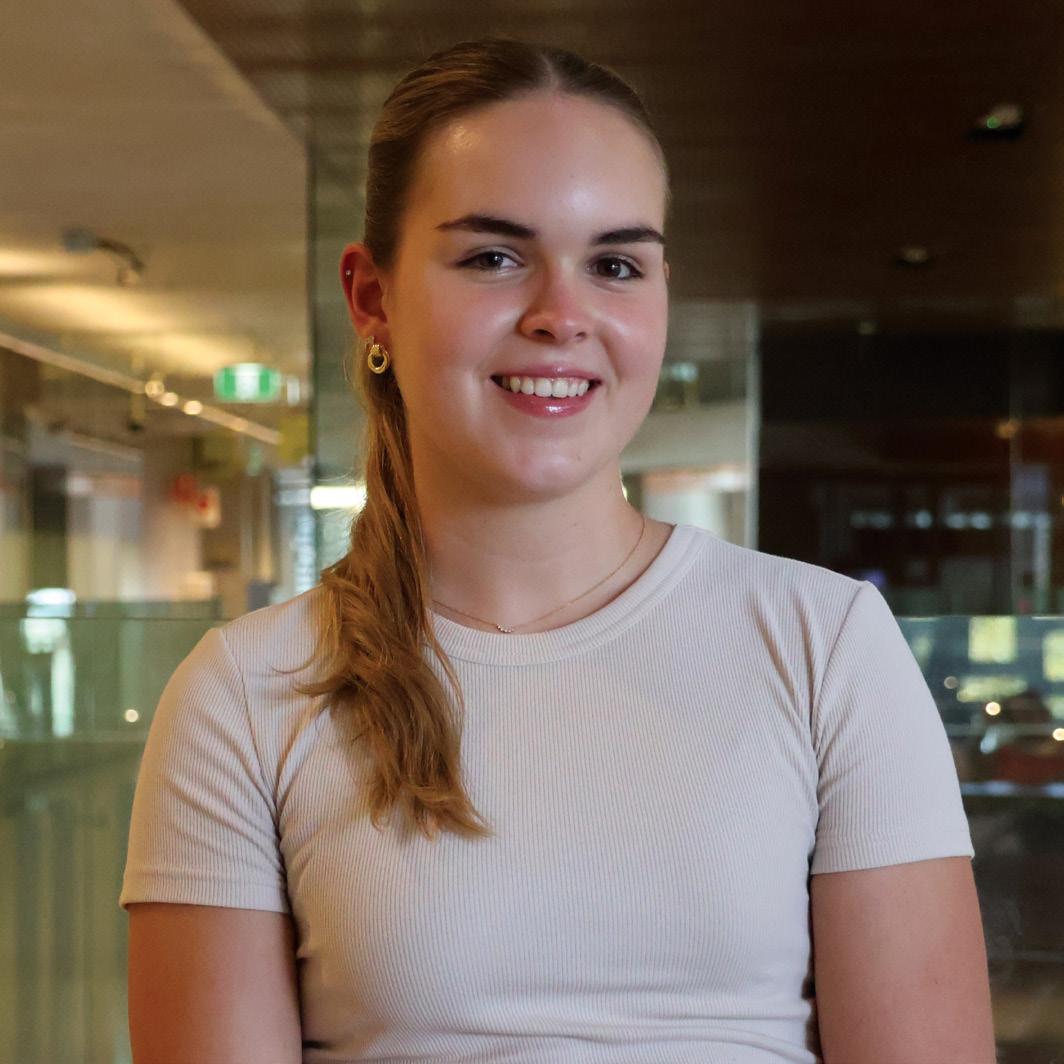
stephanie franks bachelor of Information technology (Co-op) student
It was super interesting to get hands-on experience learning about cyber security threats”
If you can imagine it, you can create it.
UTS Engineering and IT graduates are next-generation leaders with innovation and entrepreneurship skills in new and emerging fields. Learn specialist knowledge and gain hands-on industry experience in cutting-edge facilities.
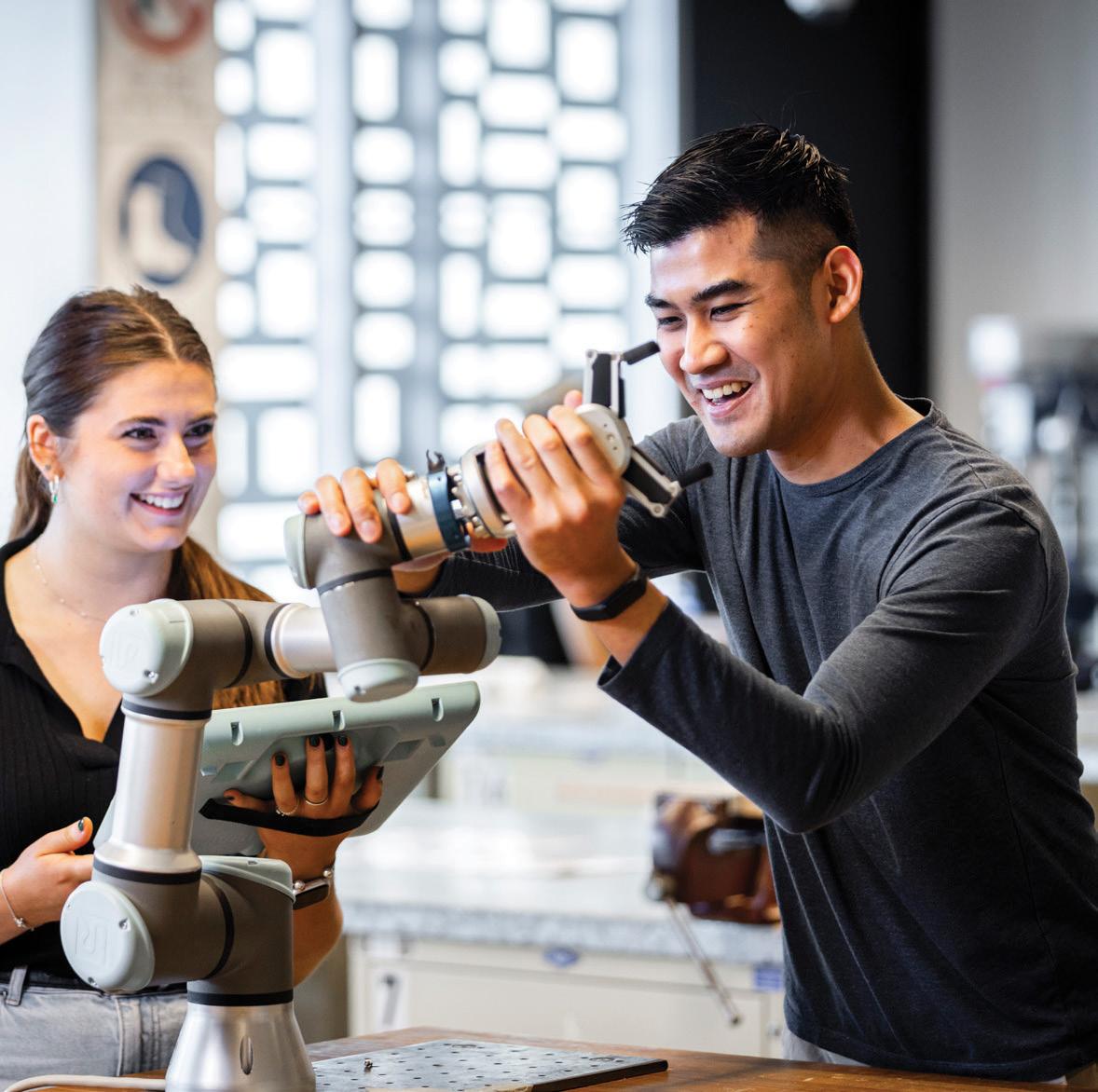
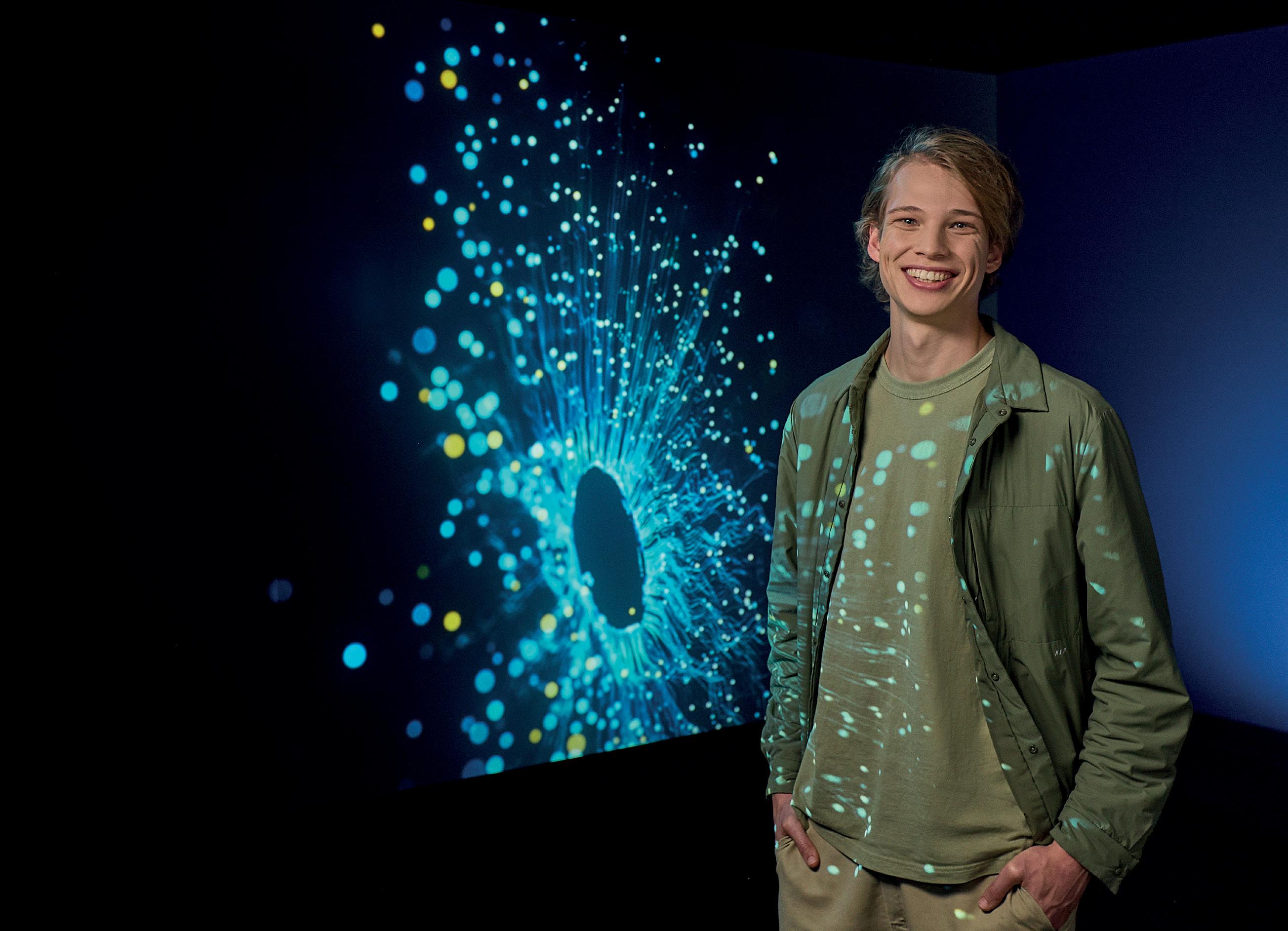

Open doors with cyber security
Say hello to great people, opportunities, flexibility and a high-demand career with cyber security
I“He started talking about the things he was learning and I thought it sounded interesting.”
n high school, Winiata Lambert wanted to be a pilot. Or have a career in music. Then he had dinner with a friend who was studying IT.
Already married with a baby and a full-time job, Winiata needed his studies to fit around his life. So, he enrolled in a Bachelor of Science (Cyber Security) at Edith Cowan University.
“That first semester changed everything,” he says. “I made friends with some people who were on that same buzz as me. They pushed me to continue. I surprised myself with how much I was able to learn.”
When ECU staff shared some outreach opportunities, Winiata gave them a go. He volunteered for high school science programs, joined the student association and even landed a paid role to lead peer-assisted study sessions.
“Because I was involved with the student association, I also got a summer internship working in a cyber security team,” he says.
“Two months later, I got an actual job as a cyber security analyst while I was still studying.”
Winiata now works as a full-time cyber security consultant at Datacom.
“I’m growing professionally and in my cyber security knowledge, and also in how to work with a business, understanding its needs and solving problems. Out of all the careers I’ve come across, few are as cool as cyber security.”
– Cristy Burne

Winiata Lambert Cyber security consultant
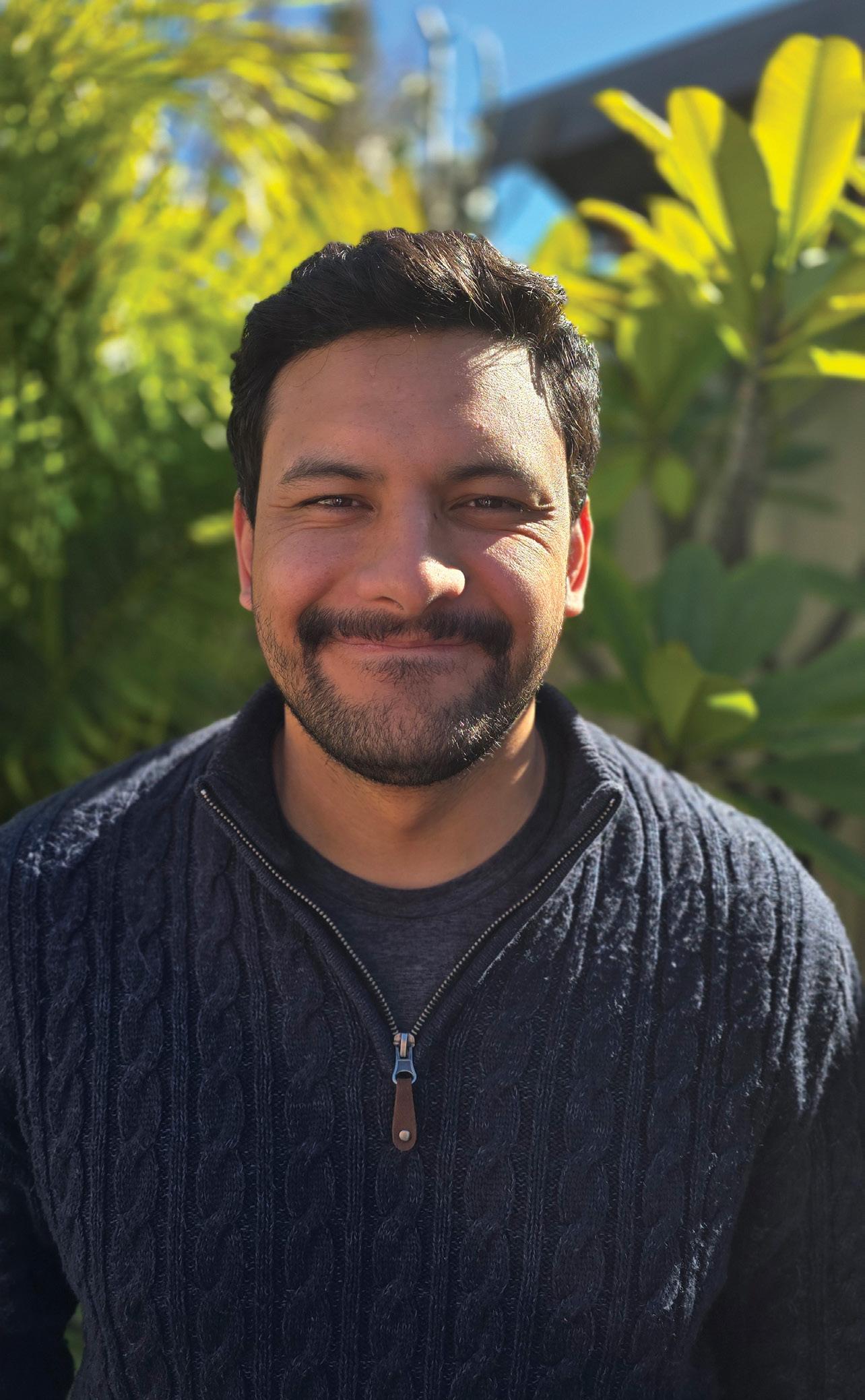
Winiata’s top three tips
1
Try new things: “At uni, at first I was just studying, nothing else. Then, eventually, I opened myself up to all these opportunities. It changed everything.”
2
I got a summer internship working in a cyber security team. two months later, I got a job"
Work on your problem-solving: “If I were to sum up what I do daily in cyber security, it’s problem-solving.”
3
Give yourself a go: “I had this idea that cyber security would be too technical and hard, but once I actually tried it, I did really well.”
Get HACKING
Think hacking is just for criminals? Think again!
Ethical hackers – A.K.A penetration testers –are the cyber security superheroes working to protect everything from bank accounts to hospital systems. Their job is to break into systems legally to find weaknesses before the bad guys do.
If you’re curious, creative and love solving puzzles, ethical hacking could be your next obsession. Even better, there are heaps of ways to build your skills while you’re still at school! Try these three hacking programs to get started. – Jasmine Fellows
Cyber Team Red
Think D&D, but cyber. Get off the screen and into this fantasy world. It’s a tabletop role-playing game designed for two-to-four players, plus a game master. You’ll get to explore cyber security concepts using key skills: teamwork, problem-solving and communication!
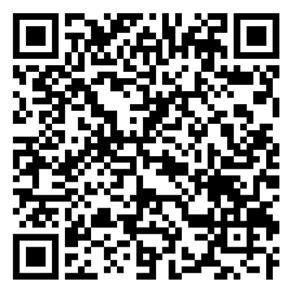
TryHackMe
TryHackMe is a beginner-friendly online program that turns learning cyber security into a game. Work through real-world scenarios in a safe, online environment. You’ll explore topics like phishing, password cracking and web hacking. These challenges are hands-on and interactive – perfect for those who prefer learning by doing. We can’t wait for you to complete your first hack!
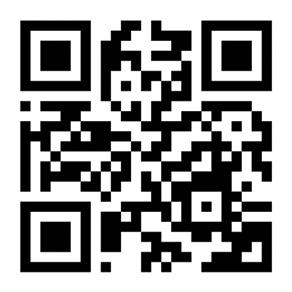
Hack The Box
Hack The Box is next level. It has virtual machines you can hack into to practise your skills. But don’t panic, you’re not doing anything illegal! These are specially designed training environments used by students, pros and even companies training their cyber security teams.
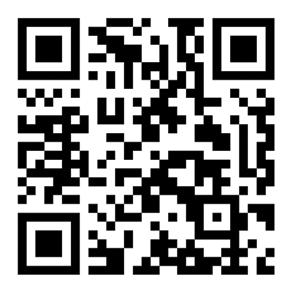
Dylan picked a future full of possibilities
Dylan Sheaves needed an IT degree flexible enough to get him into any job in the industry
AtCharles Sturt University, Dylan discovered world-class learning, experienced professors, and a HUGE choice of majors across cyber security, network engineering, software and application development, and web development.
“Everyone I had asked said that Charles Sturt had a fantastic IT course and professors that couldn’t be beat anywhere in Australia,” Dylan explains.
Plus, Dylan was able to build connections in industry through Charles Sturt's networks.
“Not only did my course provide me with skills and a qualification valuable to the IT industry, but it also provided contacts within the industry itself. That helped me land a fantastic job!”
For Dylan, the best part of his degree was expanding his creative instincts, along with soft skills like communication, teamwork and problem-solving.
“The biggest highlight was getting to attend the IEEE 24-hour code competition. The opportunity to work together with fellow students on some real brainteasers was a huge amount of fun.”
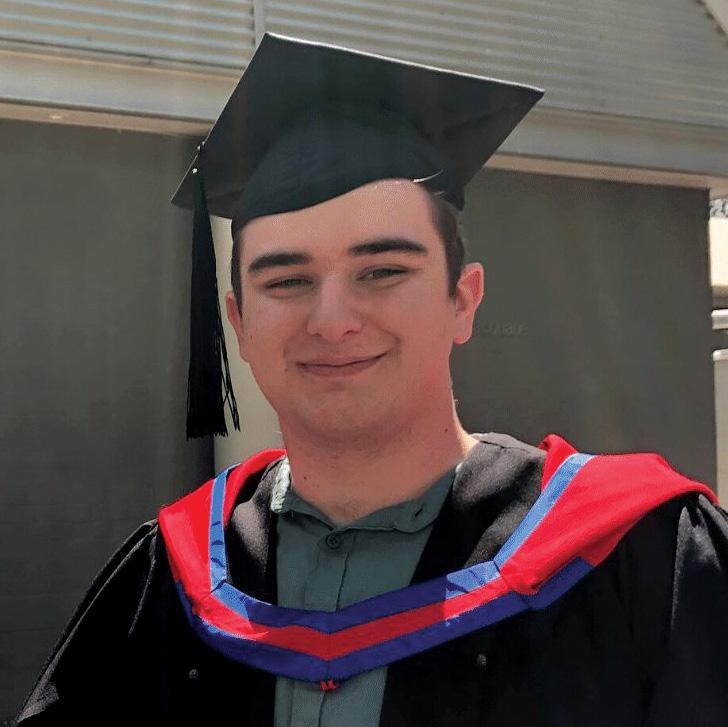
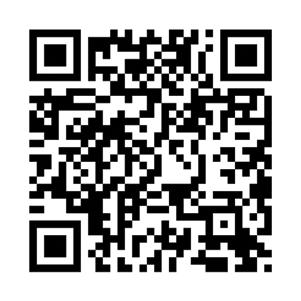

There’s never been a better time to join the IT industry
You use tech every day. Now learn how to design, build and protect it with our Bachelor of Information Technology. Our IT degree is accredited by the Australian Computer Society and includes work-integrated learning. So you’ll get the chance to work on real projects and build valuable industry contacts. Hit the ground running with the technical and transferable skills that employers want, like communication, teamwork and problem-solving.
Gaming, coding or creating your thing? Our range of majors lets you live your IT passion. Choose from:
• Cyber security
• Network engineering
• Software and application development
• Web development

TAKE YOUR CAREER TO THE NEXT LEVEL
Don’t be an NPC, make work your play in a career that’s both technical and creative

Here’s your chance to have a career that uses both the technical and creative parts of your brain!
How can this be when we’re being told AI is coming for our dream jobs? Well, when it comes to the world of tech and creativity, AI lacks the unique storytelling flair, intuitive design skills, and truly innovative spark that humans can have.
This is great news if you’re tech-smart and creative – you’ll be essential in an AI world! You could pursue fields like design, media, gaming or film… your imagination is the limit! – Samantha Wheeler

Did you know?
Australians love video games! In 2024, Australians spent $3.8 billion on video games and hardware.related
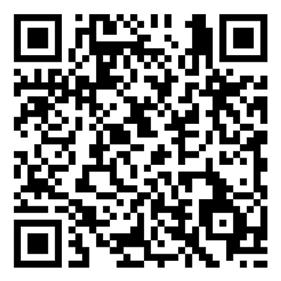


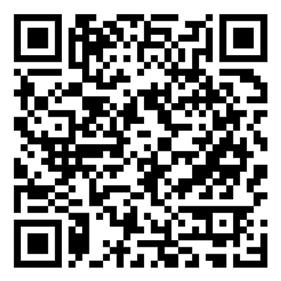
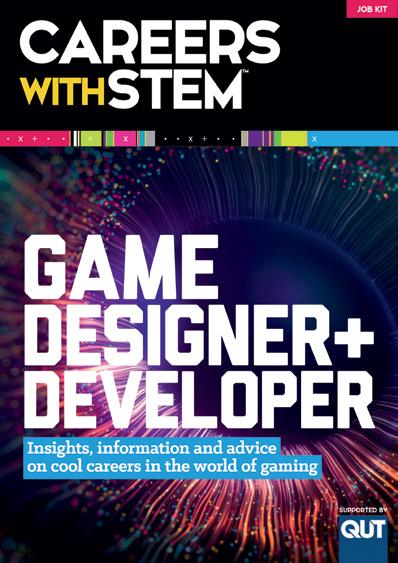
Bachelor
Bachelor
$56K–$82K 3D
Digital twins
It’s time to meet three of the most exciting new digital doppelgängers, including your own personal tech twin!
Digital twins are virtual copies of real-world objects, cities, systems or even people. These dynamic models get their info from sensors, AI and other tech, and use it to run simulations that help people make better predictions and decisions.
The possibilities are phenomenal! Here are just three examples of creative digital twins that offer new perspectives on history, bushfire management, and maybe even the future of your own health. – Jasmine Fellows
1
Explore the Titanic
The most famous shipwreck in history now has its own digital twin! The team working on the project used advanced scanning tech, including 700,000 images and other data collected by underwater robots. Then, computer-generated imagery (CGI) brought the twin to life.
You can check it out for yourself on Disney+ in the Nat Geo doco Titanic: The Digital Resurrection. bit.ly/cws-titanic
3
Did you know?
Google Maps is a digital twin of Earth’s surface that updates in real time, especially when it comes to traffic and transport. This twin is already making your daily commute easier!
A bushfire takes a spark 2
Climate change is increasing the frequency of bushfires, so CSIRO has developed Spark, a digital twin for fire prediction and analysis. Spark combines geographic information – such as land slope, vegetation and the locations of rivers and roads – with weather data to create simulations, giving emergency services the info they need to predict and visualise bushfire spread in real time. bit.ly/cws-csiro-spark
Your personal digital twin
Wish you had a biological twin? Your digital twin is the next best thing. Patient twinning is predicted to be part of the future of healthcare.
A digital twin of a person can be created with thousands of their health data points, from blood test results and blood pressure, to sleep stats and activity data. It could even draw on data already being collected via wearables like Fitbits and Apple Watches.
Check out Siemens Healthineers’ vision of the possibilities. youtu.be/lGA_Lto9UfI
Aaron’s journey at billy blue
Imagine creating a space, infusing it with beauty and music, and sharing it with the world.
It’s this idea that drives Aaron, a designer currently studying a Bachelor of Architectural Technology at Billy Blue College of Design powered by Torrens University.
“I want to create spaces where hundreds or even thousands of people can interact,” Aaron says.

Having already studied interior design, Aaron jumped at the chance to get technical with his studies.
“At Billy Blue the focus is on smaller classes rather than large lectures, which gives each student more time to talk to lecturers and have one-on-one conversations in class,” he says. “You learn something new every day.”
Aaron’s Bachelor of Architectural Technology blends digital tools like 3D modelling and game engines with material science and sustainable design. For Aaron, it’s the best of both worlds.

“Don’t be afraid to be weird or over the top,” he says.
“What you envision at the start of the project may be completely different by the end of it.” – Cristy Burne
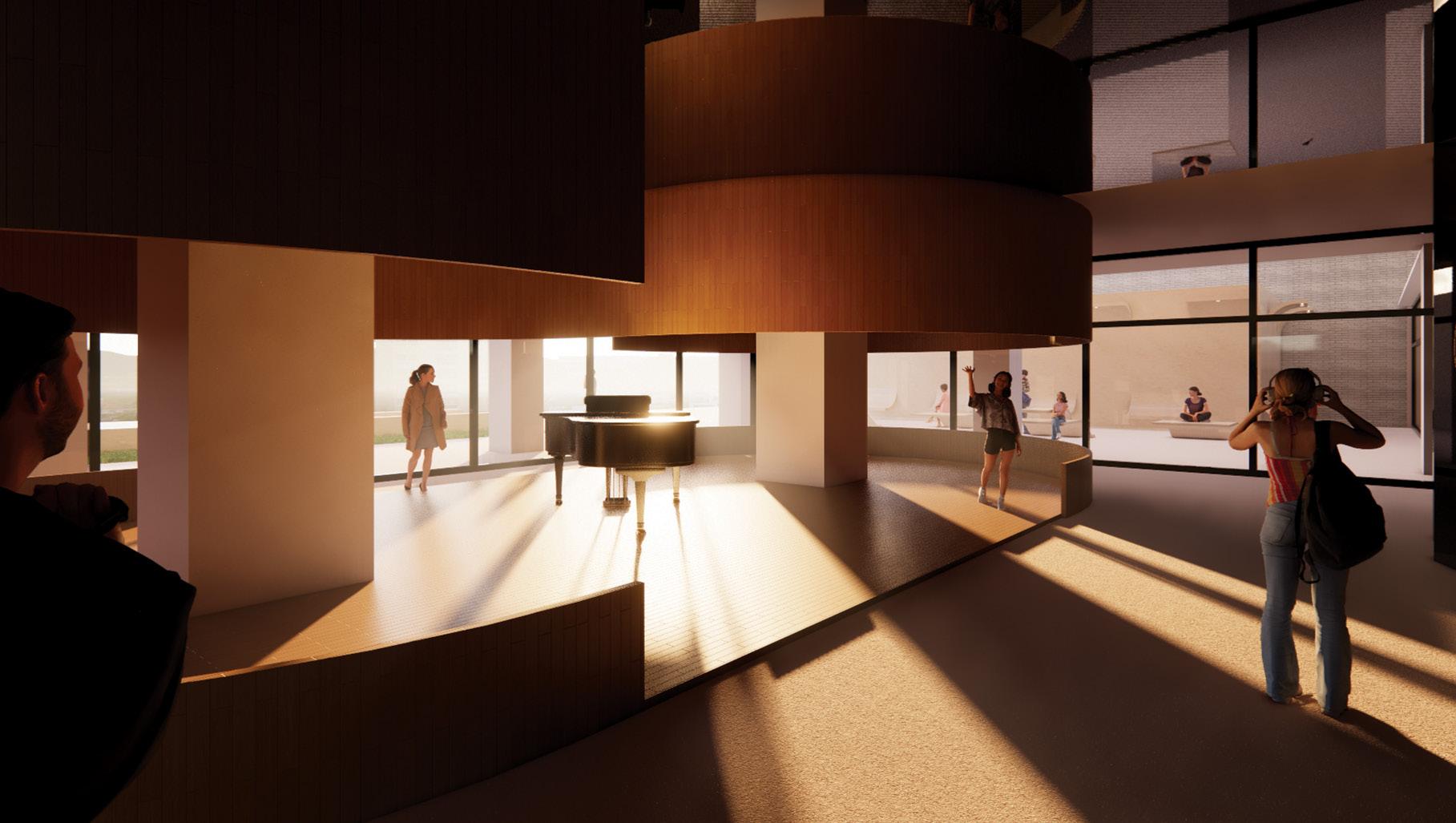
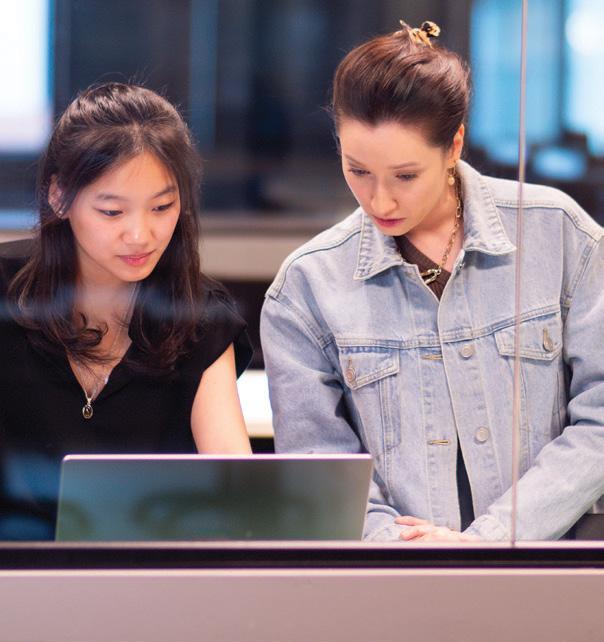
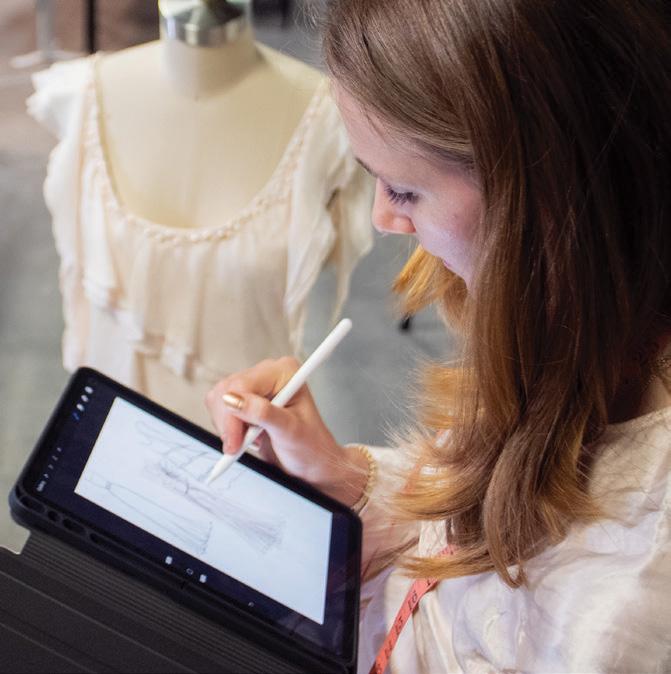
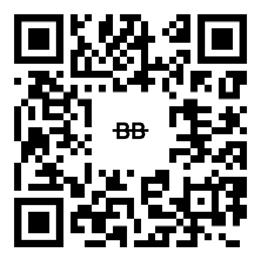
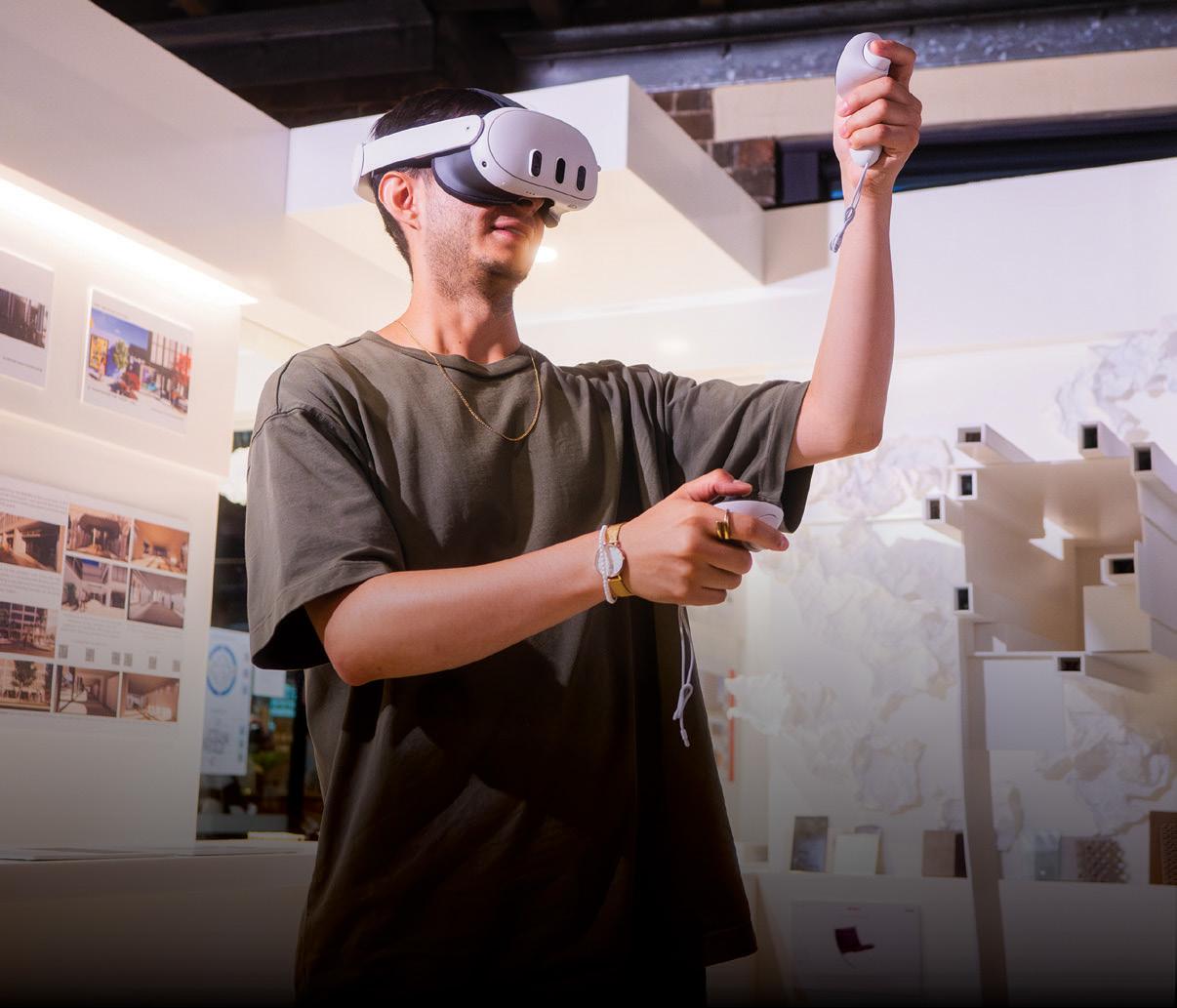
GAME CHANGERS
Meet two women whose career paths prove there's no 'right' path into the video game industry
Catherine
Booth
Game designer
Fun fact
Gameloft Brisbane more than doubled its employees in the last two years!
Game on
Catherine Booth wasn’t into maths in high school, but that didn’t stop her from becoming a game designer
“You find that a lot of game designers will come through marketing, quality assurance or production,” she says.
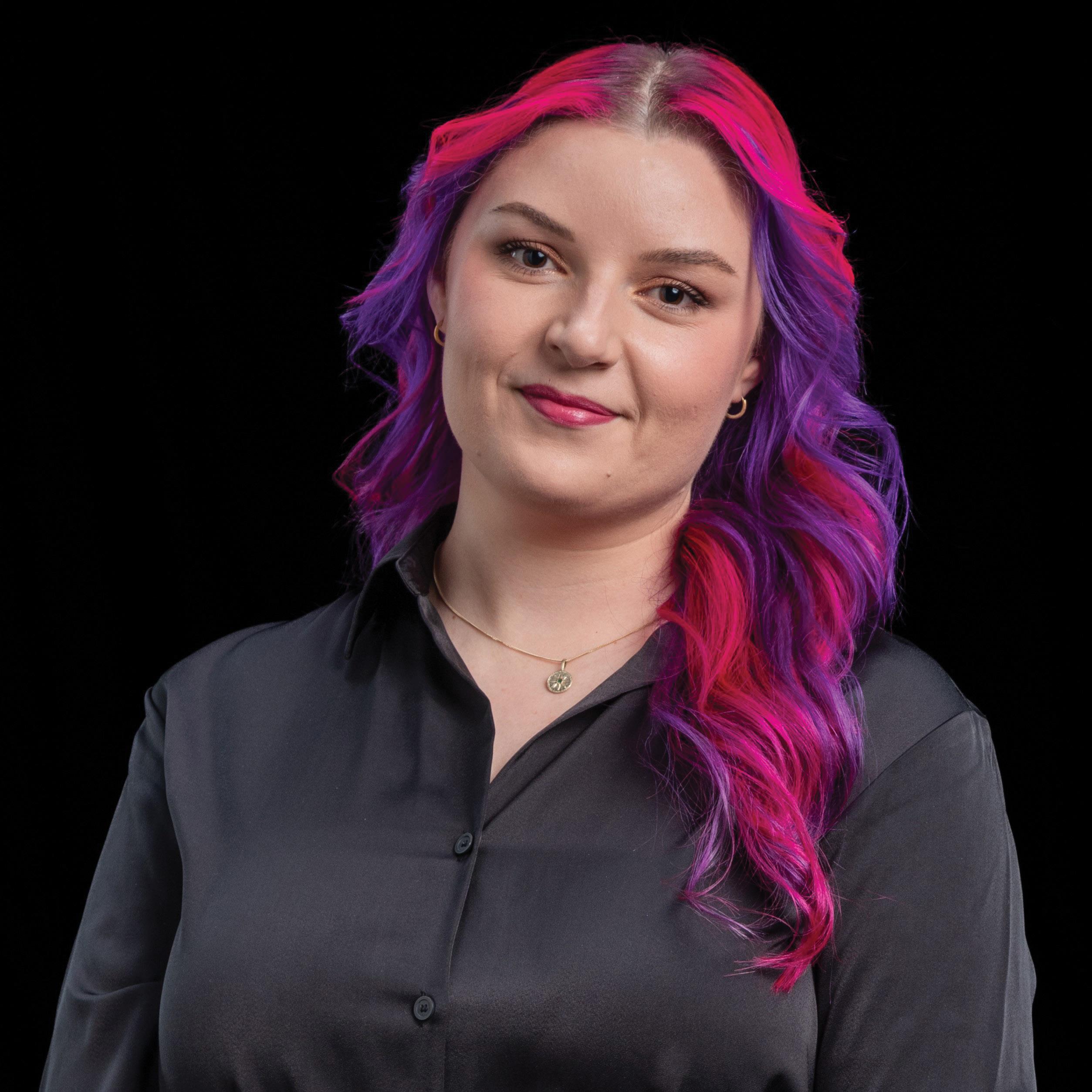
Catherine didn’t know she wanted to be a game designer until she watched E3 (a large gaming expo that no longer exists), and saw a guy talking passionately about a game he’d just made.
“I was like, ‘oh my god, I want to create something cool and tell everyone about it,’” Catherine says. She went on to study game design at uni, but it was the addition of marketing to her degree that Catherine says helped her break into the industry.
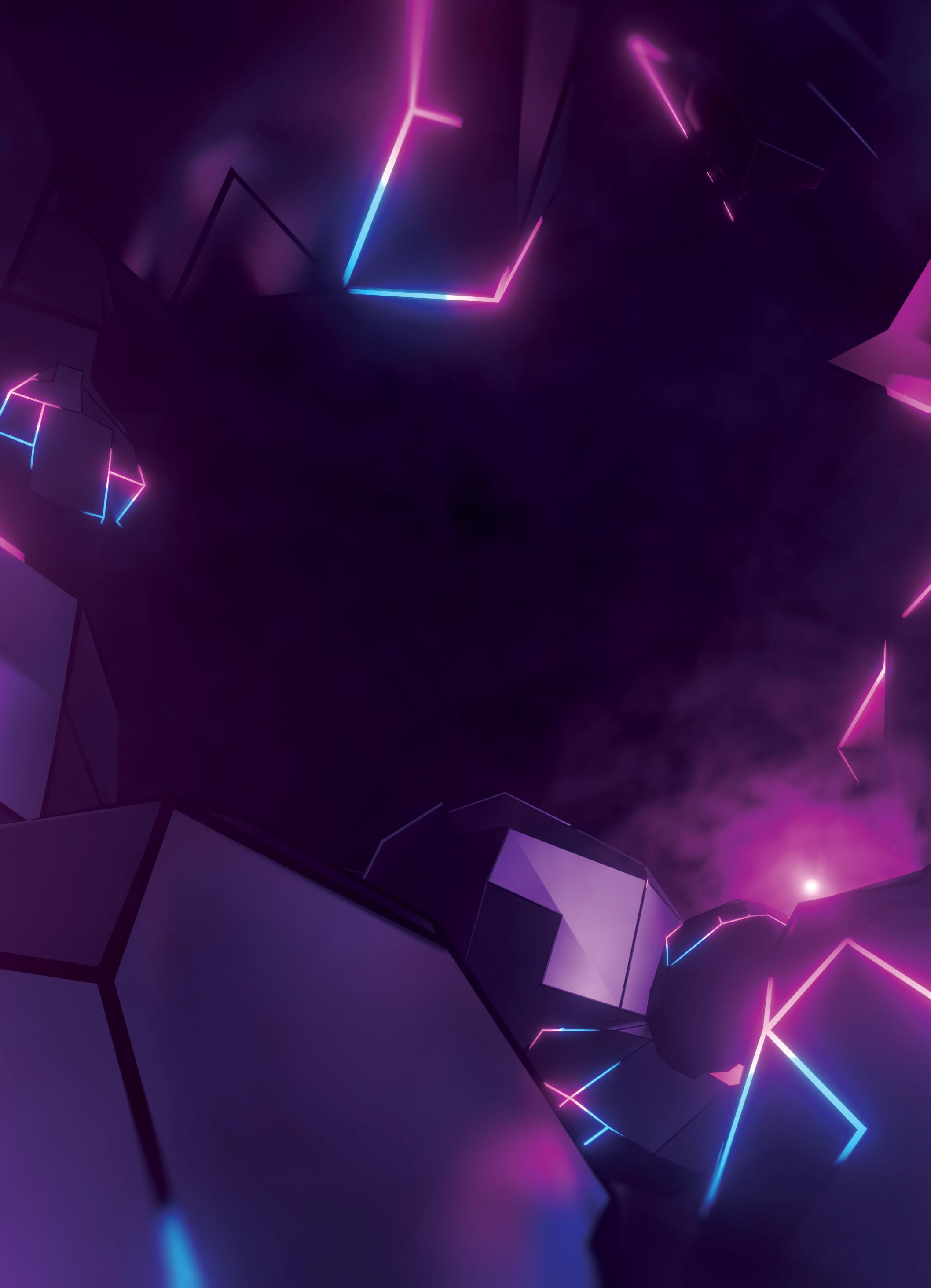
In her current role with Gameloft Brisbane, Catherine leads a team of developers, programmers, producers, artists and other game designers. Her job involves a lot of maths and data, but don’t stress if maths isn’t your thing – Catherine says she wasn’t a “math girlie” in high school either! – Samantha Wheeler
produce your own world #2
LilY Bowditch took an off-the-beaten-path towards a career in game production
LilyBowditch’s love of games is a family trait:
“My mum played World of Warcraft, like, my whole life,” she says.
After high school, Lily moved to Brisbane to study psychology but found she wasn’t satisfied. After making a game with her best friend, she got into the Screen Queensland Games Residency, which allowed her to spend a year creating a game – an achievement she ranks among her proudest.
“I was living for the positive feedback and felt way more motivated than I did studying psych.”
Lily hasn’t looked back and is now an associate producer at Gameloft Brisbane. But she still draws on her psychology background to improve her work.
“It’s really good because I understand a lot more about people and what kinds of people exist.” – Samantha
Wheeler
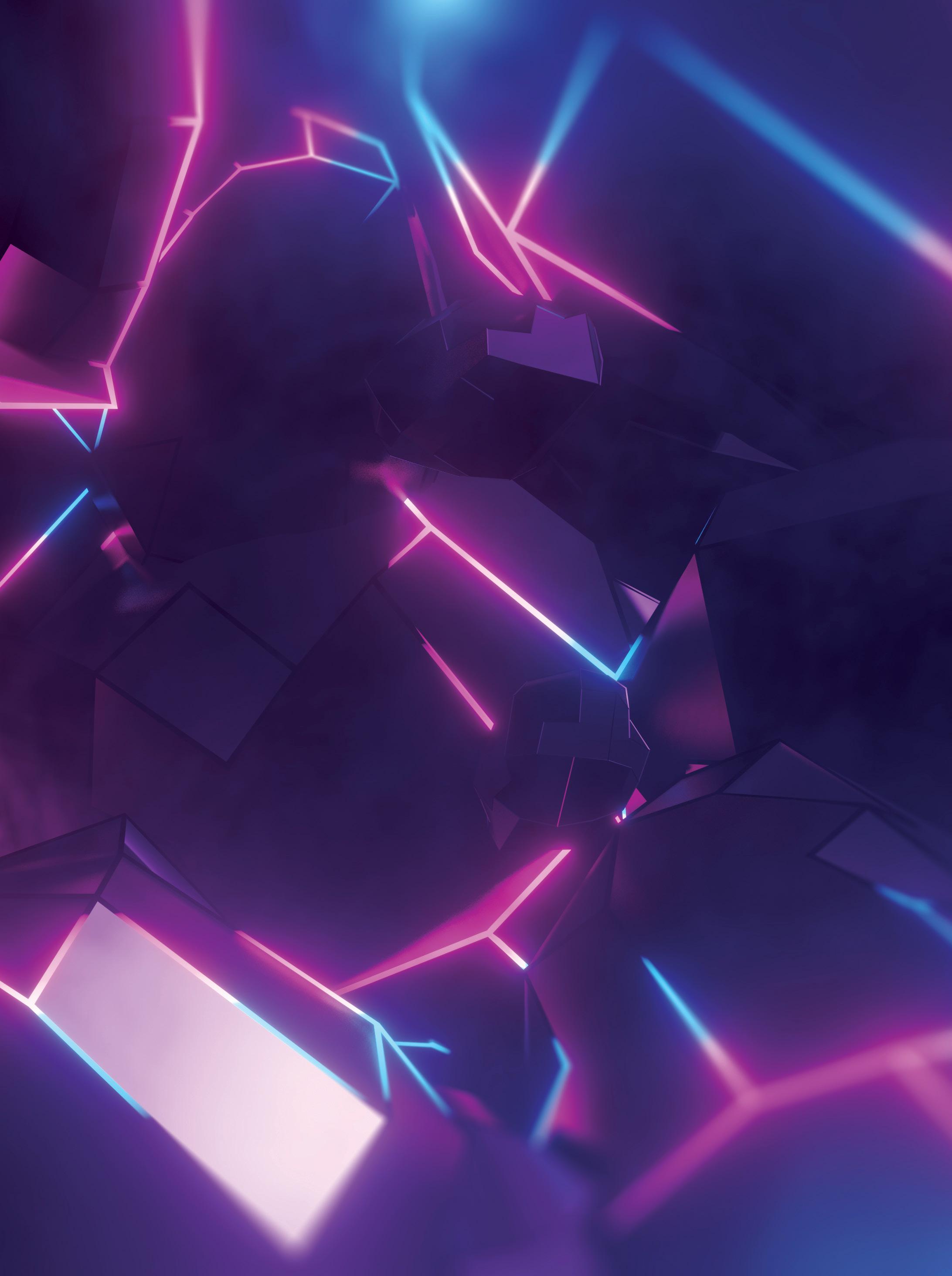
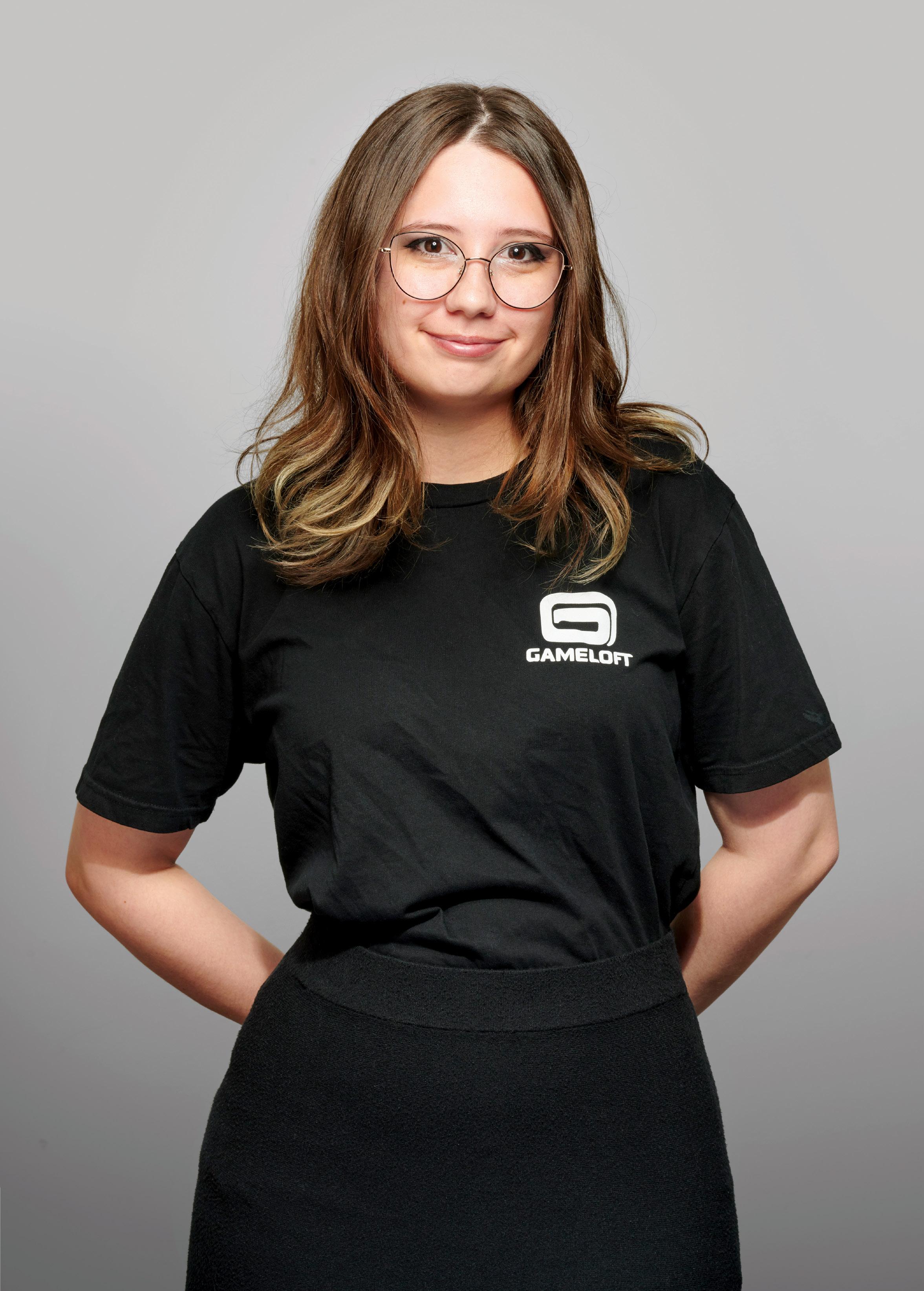
TECHNICALLY HEALTHY
Why not combine tech and health for your future career? From wearable sensors to quantum imaging, STEM can save lives
It’s been a little over two centuries since the first recorded use of a stethoscope. In 1816, the French physician René Laënnec used a simple tube to listen to a patient’s heart and lungs, setting a milestone in tech’s role in medical diagnostics. Today, health specialists have a multitude of tools on hand to build a picture of our insides:
• Ultrasound bounces sound waves off our organs like a kind of sonar to describe shapes and densities.
• X-ray images of our bones and organs can be processed by computers into highly detailed 3D scans.
• Magnetic pulses can tickle our atoms, revealing contrasts in our tissues.
• Genetic testing can read our very DNA to spell out a library of illnesses.
To develop these tools, researchers need a sophisticated understanding of not just our own biology, but of the physics and chemistry that make our bodies tick. By using a technique called photoplethysmography (say: foh-toh-pleth-iz-MOG-ruh-fee), for example, the software in a smartwatch can use the absorption of infrared light to track your pulse!
Innovations in science and tech could further shrink wearable devices, allowing us to record far more information about our bodies. Discoveries in the quantum realm are improving existing tech based on magnetism, helping us see more clearly and revealing the intricate details of our organs, tissues and cells.
With so many new tech inventions, job opportunities are booming. Plus, Australia’s digital health market is expected to grow by 30% before 2030! That makes combining tech and health an exciting option for your future career! – Mike McRae

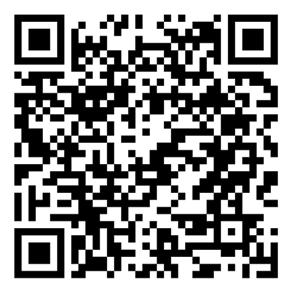
You could be a nuclear medicine technologist!
Check out what it takes to be a medical physicist
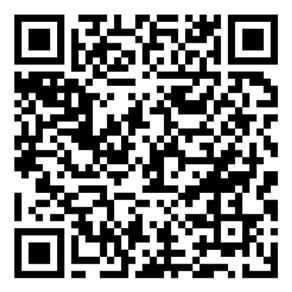
Growing a brain in a dish
What do you get if you mix brain cells with silicon chips? A type of computer perfect for testing medications and new ideas
Pong might not be the most challenging computer game compared with Grand Theft Auto. But for a tiny clump of 800,000 nerve cells connected to a computer known as DishBrain, playing this classic game represents a giant leap forward in tech.
Cortical Labs, a Melbourne-based research company, has since fine-tuned their method of connecting lab-grown brain cells (called neuronal networks) with silicon chips. Their latest upgrade? CL1. These devices can be rented or even purchased for research.
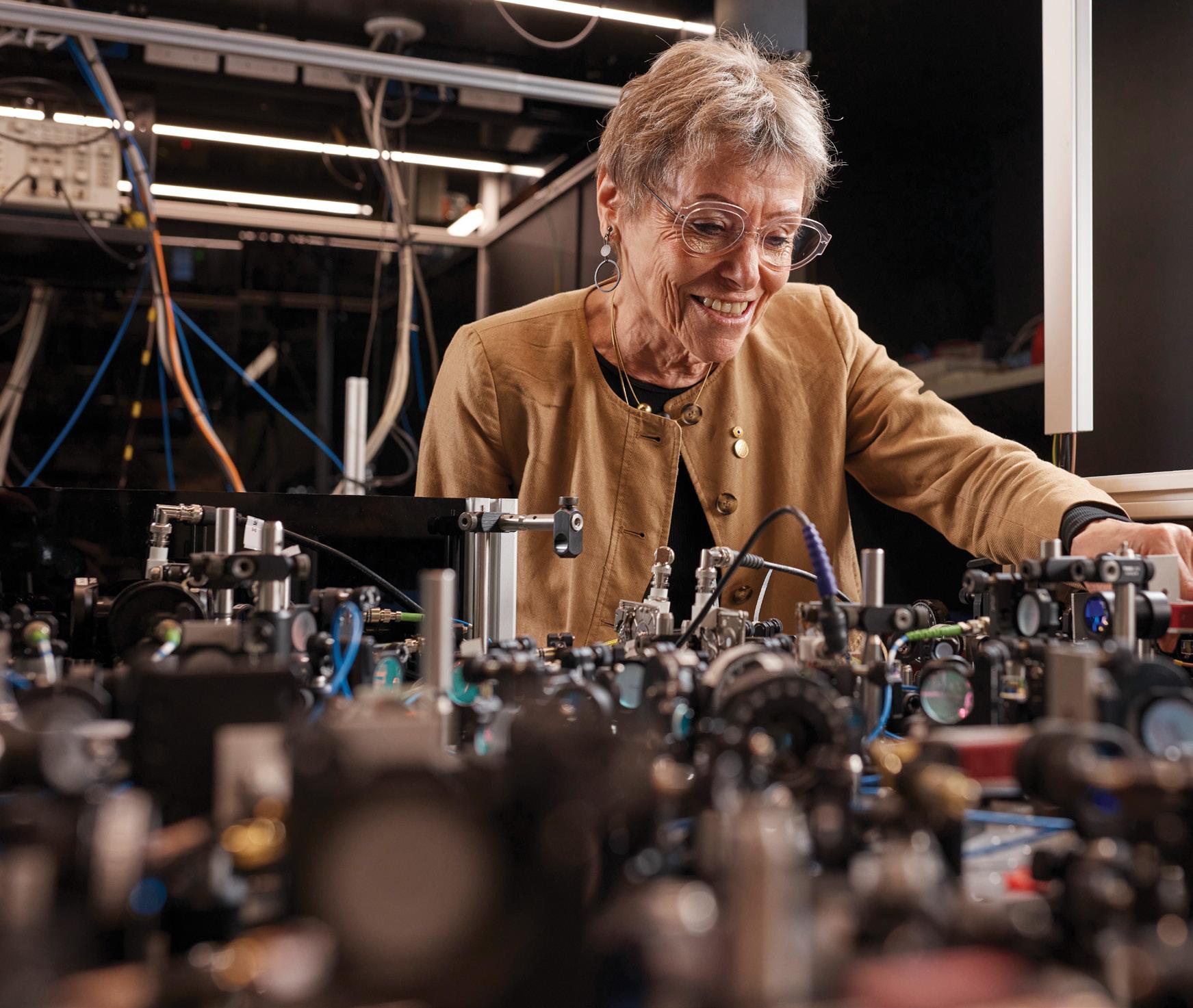
By relying on the unique way brain cells compute info, biological computers like these provide researchers with a tool to interact directly with brain-like cells and structures. They can use it to test theories in neurology, computation or experiment with new medications.
Ethics is a big part of Cortical Labs’ work. Brain organoids aren’t conscious, but it’s still important to consider the consequences. As company co-founder Brett Kagan told AIX Global Media: “We’ll continue to work on it because it’s the right thing to do.”
That means biological computers will open up a whole bunch of interesting career opportunities, from cognitive science and neural engineering to bioethics!
halina rubinsztein-dunlop physicist
professor
Australia’s home of quantum biotech
What do you get when you mix quantum physics with biotech? A world-first research centre based in Brisbane
Quantum mechanics is often described as the science of tiny things. But don’t let that fool you – it's making big waves in health!
Researchers at the Australian Research Council Centre of Excellence in Quantum Biotechnology (QUBIC) in Brisbane are teaming up to solve some of the biggest challenges in biotech and beyond.
“We are working on portable brain imagers based on quantum processes, as well as on single protein sensors working on very short time scales and quantum-enhanced imaging methods,” says QUBIC physicist Professor Halina Rubinsztein-Dunlop. “This will enable super resolution capabilities and help unravel burning problems in many areas of society.”
QUBIC is all about collaboration. Think: quantum physicists chatting with biologists, chemists, neuroscientists, medical practitioners and social scientists.
“The centre offers a wide range of opportunities for emerging physics students, such as deep knowledge of the newest basic principles of quantum science and tech, and their applications into multiple parts of our society,” Halina says. – Mike McRae
TECHNOLOGY + HEALTH + STUDY
Bachelor of Health Sciences, The University of Queensland
Master of Applied Science (Health & Medical Physics), RMIT
Bachelor of Medical Radiation Science, Charles Sturt University
Bachelor of Medical Radiation Science (Medical Imaging), University of South Australia
TECHNOLOGY + HEALTH + JOBS
MRI technologist
$77K–$127K
Cardiac sonographer
$79K–$129K
Data analyst
$59K–$111K
Geneticist
$90K–$120K
Salaries according to payscale.com

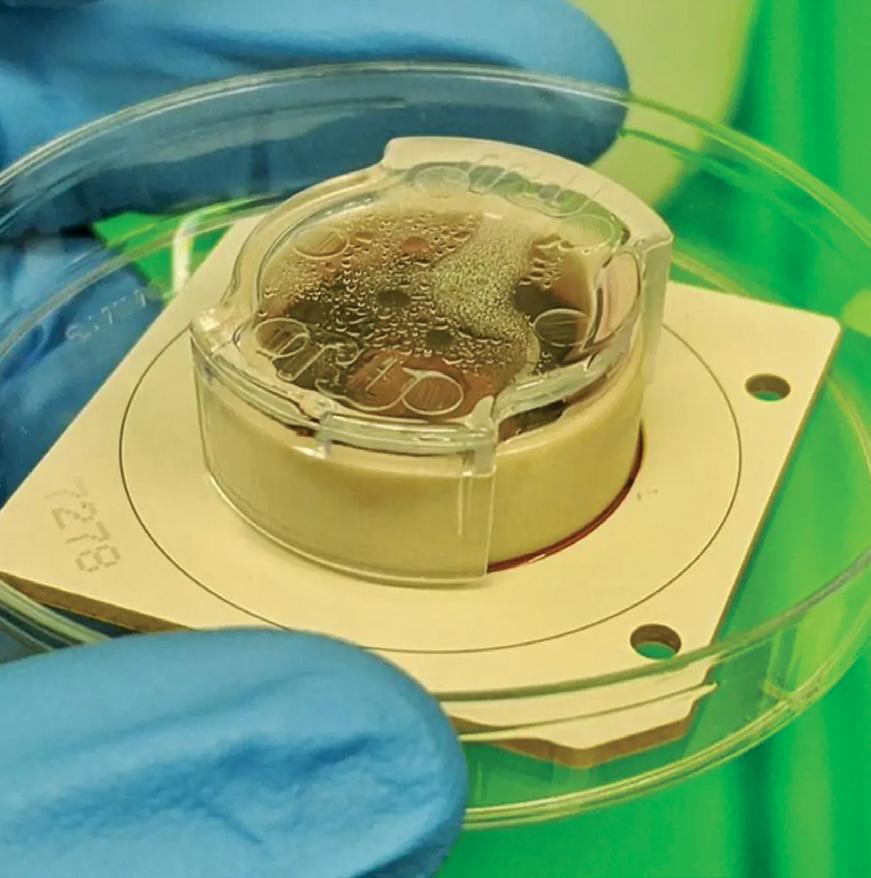
The ultimate guide to software innovation
Everything future app builders, game creators, AI experts and problem-solvers need to know
Software engineering is the ultimate in innovation: you are literally creating something new just by translating your ideas into the keys you tap.
From building life-saving health tech to making the next viral app or helping fight climate change through smart systems, software engineers are writing their way to a better future.
If you want a job that’s high impact, high paying and high interest, coding careers could be for you.
And of course, software engineering is more than just coding. It’s about designing the digital tools, systems and experiences that shape our lives. Software engineers have helped create every app, every website, every computer game…
So, what’s the deal with software engineering? – Cristy Burne
Vibe coding
Big news: AI tools like GitHub Copilot and ChatGPT can now write code with you or for you. What does this mean?
YES! AI takes loads of the grunt work out of coding, freeing up time for tech engineers to dive deeper into creating new solutions and experimenting with new ideas.
NO! This doesn’t mean you don’t need tech skills. The real magic in software engineering is knowing what to build, and why it matters.


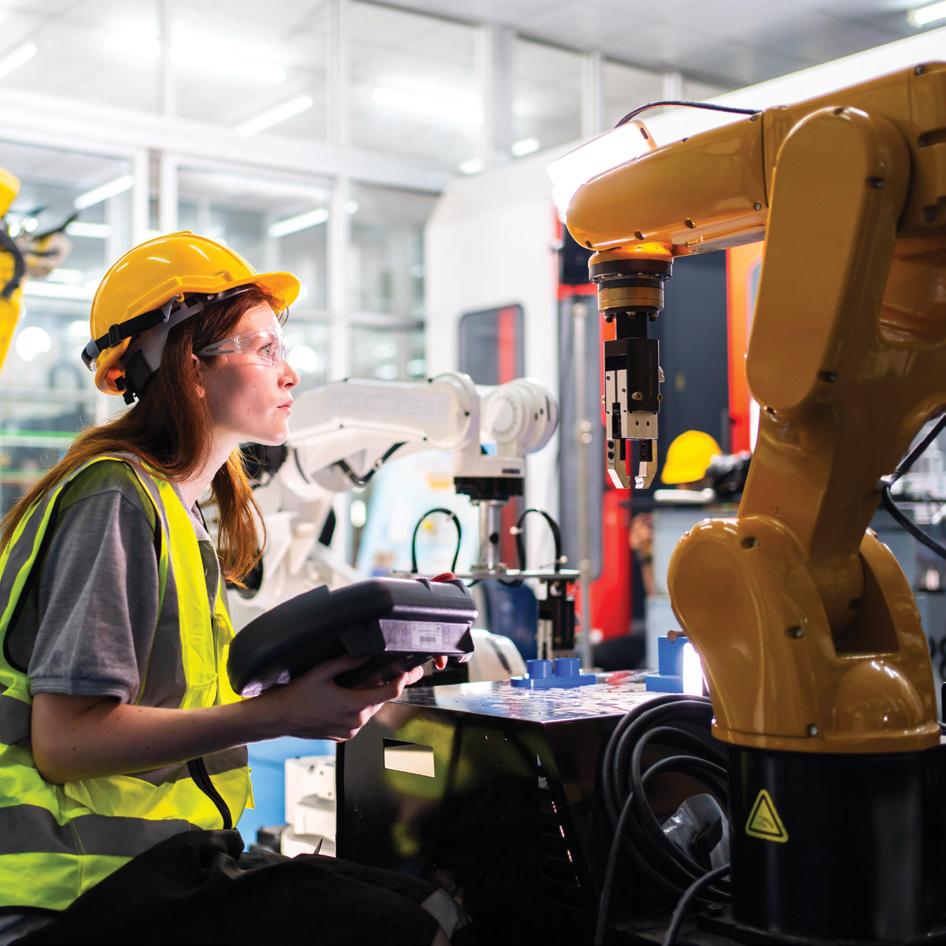
Jobs galore
Software engineers are in high demand, and your job options are almost endless!
Here are just a few career pathways:
• App developer (iOS, Android)
• Software engineer
• Machine learning engineer
• UX/UI (user experience/interface) designer
• Web developer
• Data scientist
• Cloud architect
• Metaverse engineer
• Software developer
• Robotics and automation engineer
• Digital transformation specialist
• Internet of Things specialist
• Startup founder
A day in the life of an app developer
Spend a day with Louise Easterbrook coding a buzzy app for Aussie kids
Louise leapt straight from her degree in coding to innovative startup Spriggy. This pocket money and finance app for children, teens and parents boasts 1.3 million users.
As a kid, Louise loved playing with drag-and-drop websites on the family computer. At uni, she studied app development and “went from zero-to-one in learning how to code.”
She now uses front-end JavaScript, and is an expert in the React Native app-building framework.
Louise has seen Spriggy evolve – and had a hand in its journey. “If there is something I want to work on, I can just ask to do it, and I’m doing it next week,” Louise says. – Alison Ratcliffe
Check out Louise’s day!
9am – Check in with Spriggy’s users
Louise scans user feedback on Spriggy’s newest features, which customers leave on its ‘Intercom’ chat. “You are working on something on a Thursday night, and it’s in customers’ hands by Friday. That’s really satisfying!”
9.30am – Banish the bugs
If something is broken or bugging Spriggy’s users, Louise traces the users’ steps to reproduce the problem and unearth the cause. “Shoot that out of the way before I continue with the work of the day.”
10.30am – Scoping and brain-picking
Louise nuts out the app features she needs to build. New components? New buttons? New screen sections? She bounces off the engineers around her: “Constantly through the day, we’ll be chatting and touching base.”
Louise Easterbrook App developer
12pm – Coding today’s new feature
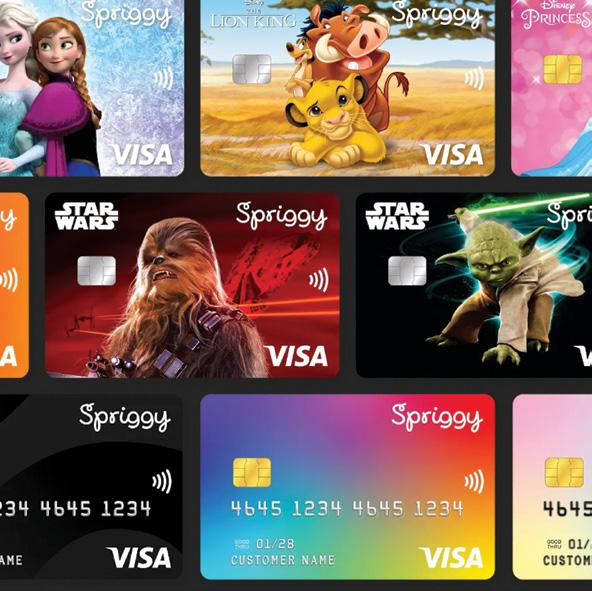
React Native allows Louise to build native apps for both Android and iOS, rather than coding specially for each. “There can be a lot more problems you need to work between, but it keeps you on your toes. You learn a lot more about both platforms.”
3.30pm – Test time!
“I sit on my phone and go through every scenario, playing out what different users will do,” Louise says. “It is fun – as a kid, I got pocket money, and you’re constantly thinking, ‘How would I have reacted in this scenario?’”

your
TECHNOLOGY + INNOVATION + STUDY
Certificate IV in Information Technology (Programming), TAFE NSW
Software Engineering Bootcamp, UNSW
Bachelor of Computer Science, Adelaide University
Bachelor of Information and Communication Technology, University of Tasmania
Bachelor of Software Engineering (Honours), Charles Darwin Universit y
TECHNOLOGY + INNOVATION + JOBS
App developer
$55K–$120K
Video game designer
$40K–$97K
Software engineer
$64K–$127K
Machine learning engineer
$50K–$120K
Salaries according to payscale.com
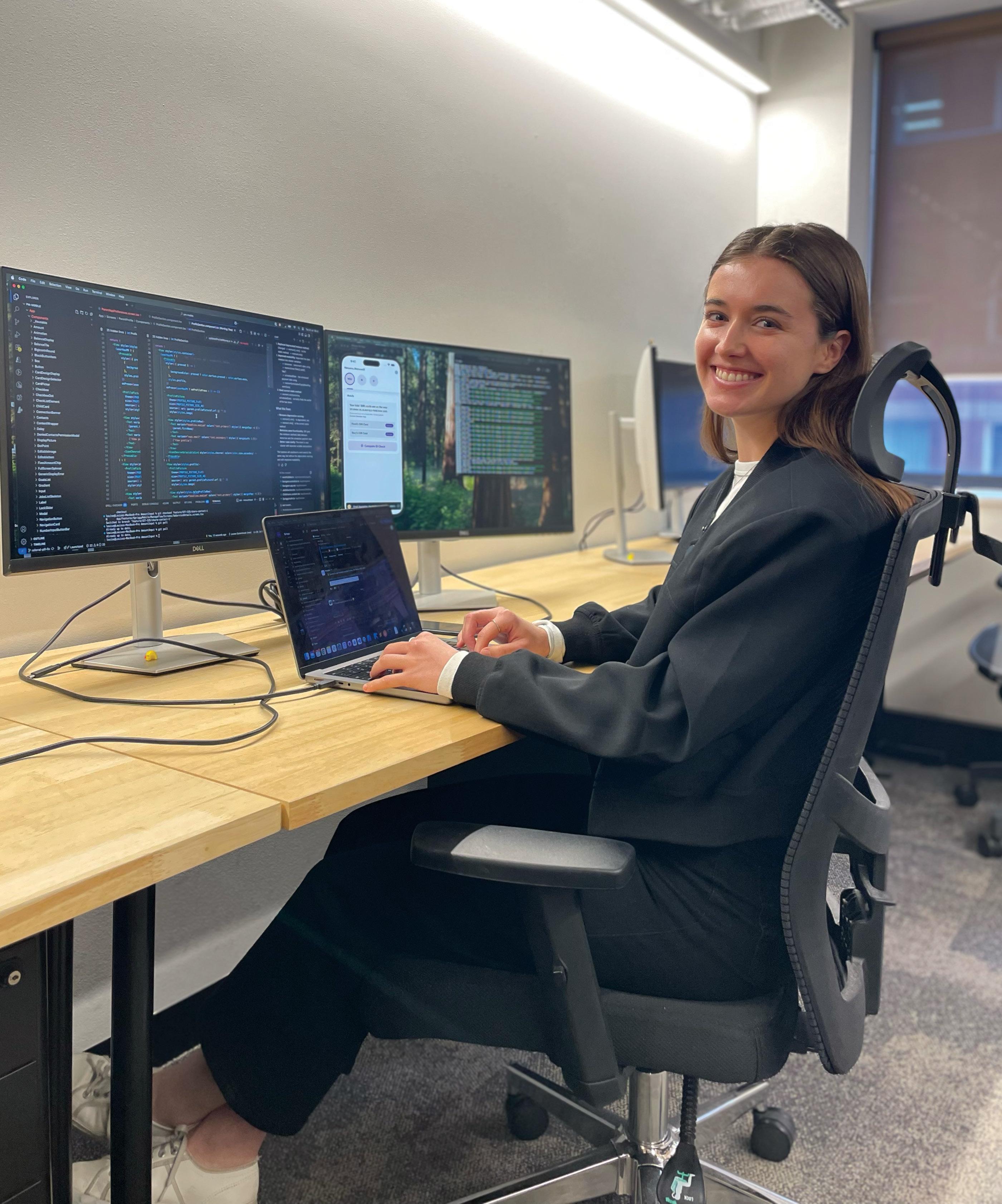

Immerse yourself in the world of tech
Live and breathe tech? Grab these digital opportunities with both hands!
read
Ensh**ttification: Why Everything Suddenly Got Worse and What to Do About It, Cory Doctorow Frustrated with the current state of online platforms from X to TikTok, Amazon to Apple? If you want to explore the societal forces shaping our digital experiences, this book is for you.

Positive influencers
watch
Tron: Ares
Electives checklist
✔ Digital technologies
✔ Design and technology
✔ Information and process technology
✔ Software engineering
Skills to succeed
In the latest of the Tron series, a hyper-sophisticated AI program called Ares enters the real world on a dangerous mission. It’ll make you wonder what will happen when the AIs get their own bodies!
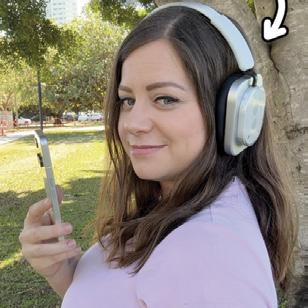
• Elly (@ellyawesometech) is a tech journalist turned influencer, with the best mix of wit and honesty. You’ll love her hot takes on the newest gadgets, just like her 1.2 million followers on TikTok!
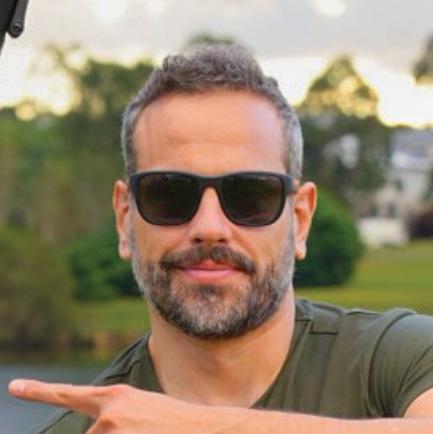
Brissie-based Fellipe Belisqui (@techy_cave) will get you up to speed with the latest tech – everything from robot vacuums to gaming. His futuristic desk aesthetic is next level. Check out his Insta account to drool over new gear that’s just dropped.
Listen
Download This Show
Keep up with the tech world in this weekly podcast hosted by Rae Johnston for the ABC. It covers everything from social media and streaming services, to tech gadgets and cyber security issues. It’s an entertaining exploration of how tech is reshaping our lives.
Careers with STEM: Technology 2025 is a publication and trademark of Refraction Media. Copyright © 2025 Refraction Media, all rights reserved. No part of this publication may be reproduced in any manner or form without written permission. If you would like to reproduce anything from this magazine, email: info@refractionmedia.com.au.
We acknowledge the Traditional Owners of country throughout Australia and recognise their continuing connection to land, waters and culture. We pay our respects to their Elders past, present and emerging. This issue went to press on 30 September 2025.
Printed in Australia by IVE.
Cover image: Harjono Djoyobisono / Australian Volunteers Program
Produced and published by: Refraction Media
Co-founder, CEO & Publisher : Karen Taylor-Brown
Partnerships Manager : Rachel Jones
Managing Editor: Jasmine Fellows
Deputy Editors: Louise Meers and Cristy Burne
Editorial Coordinator : Samantha Wheeler
Sub Editor: Amelia Caddy
Art Director: Katherine Power
Writers: Cristy Burne, Gemma Chilton, Jasmine Fellows, Mike McRae, Alison Ratcliffe, Cassie Steel, Samantha Wheeler
SUBSCRIBE AND ORDER COPIES: CareerswithSTEM.com /subscribe
EDITORIAL & ADVERTISING ENQUIRIES: Email: info@refractionmedia.com.au
POSTAL ADDRESS: PO Box 154, Oyster Bay, NSW 2225, Australia
CareerswithSTEM.com ISSN 2209-1076


